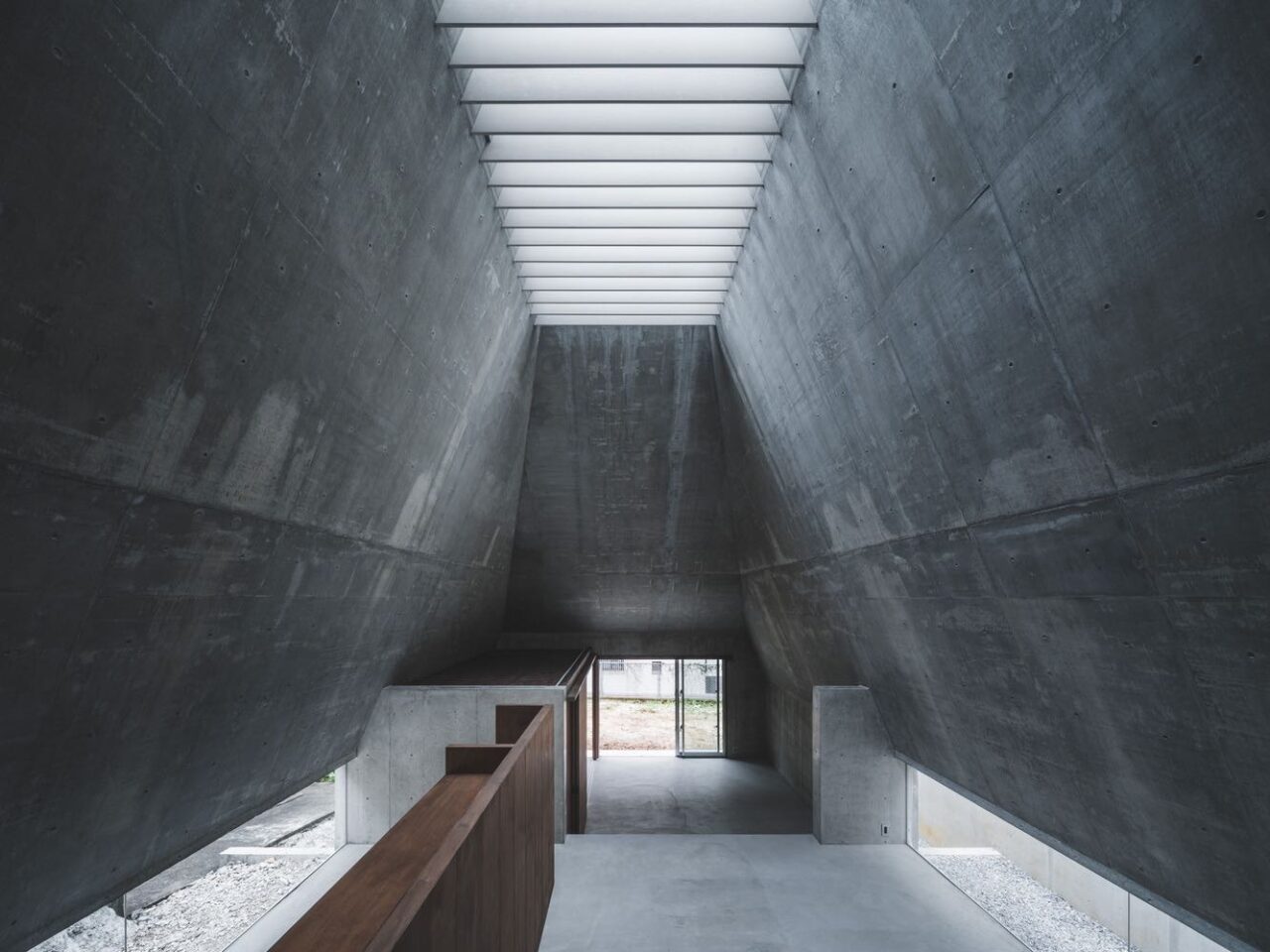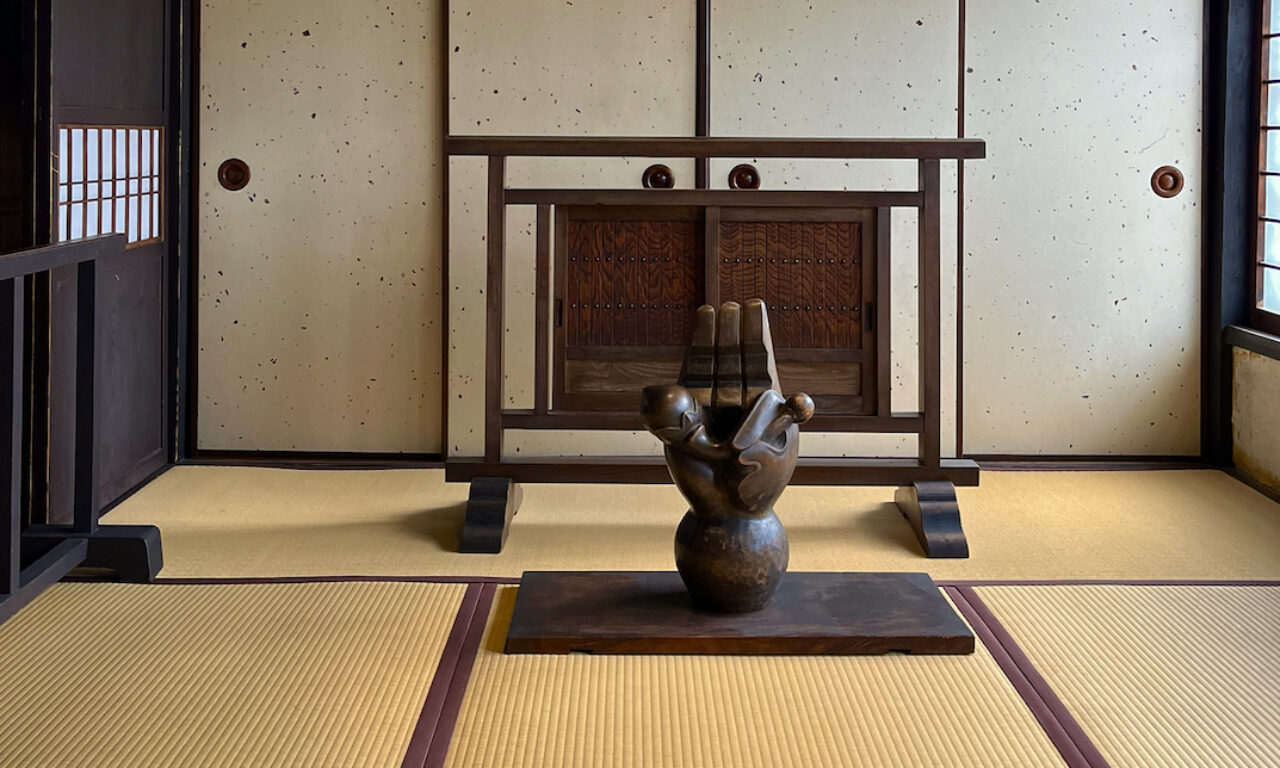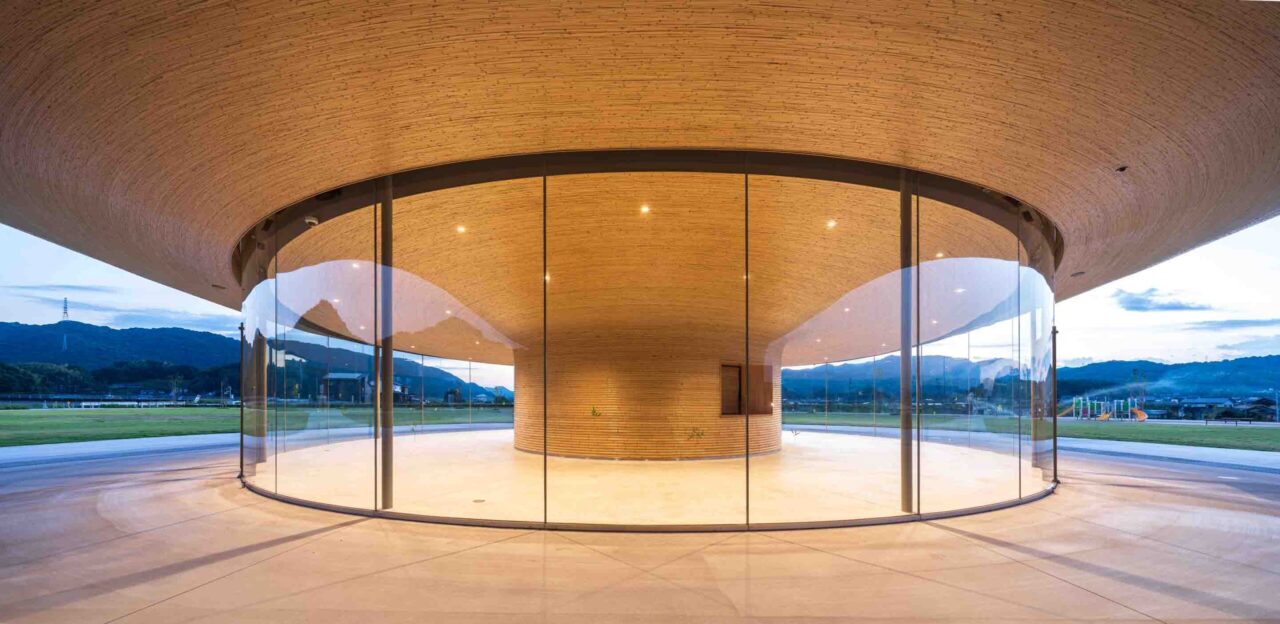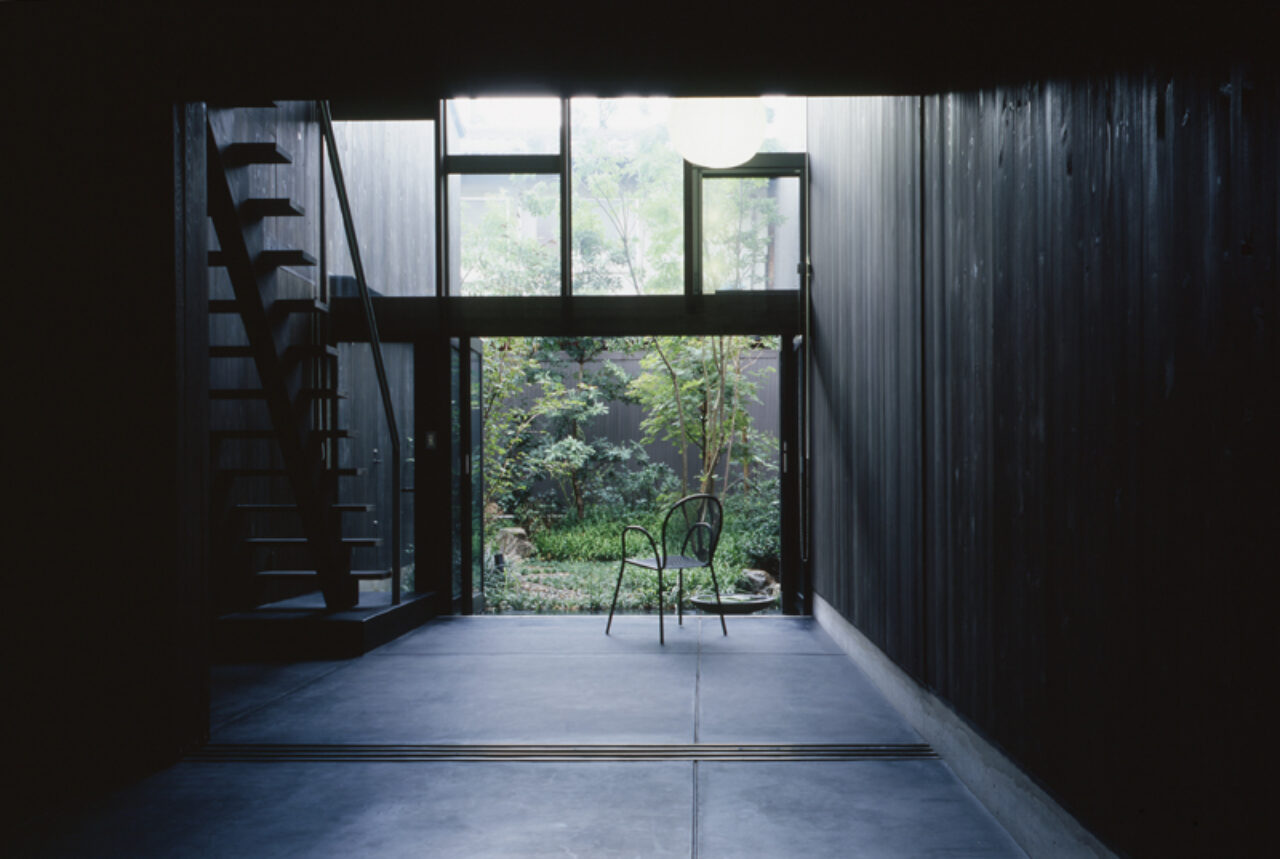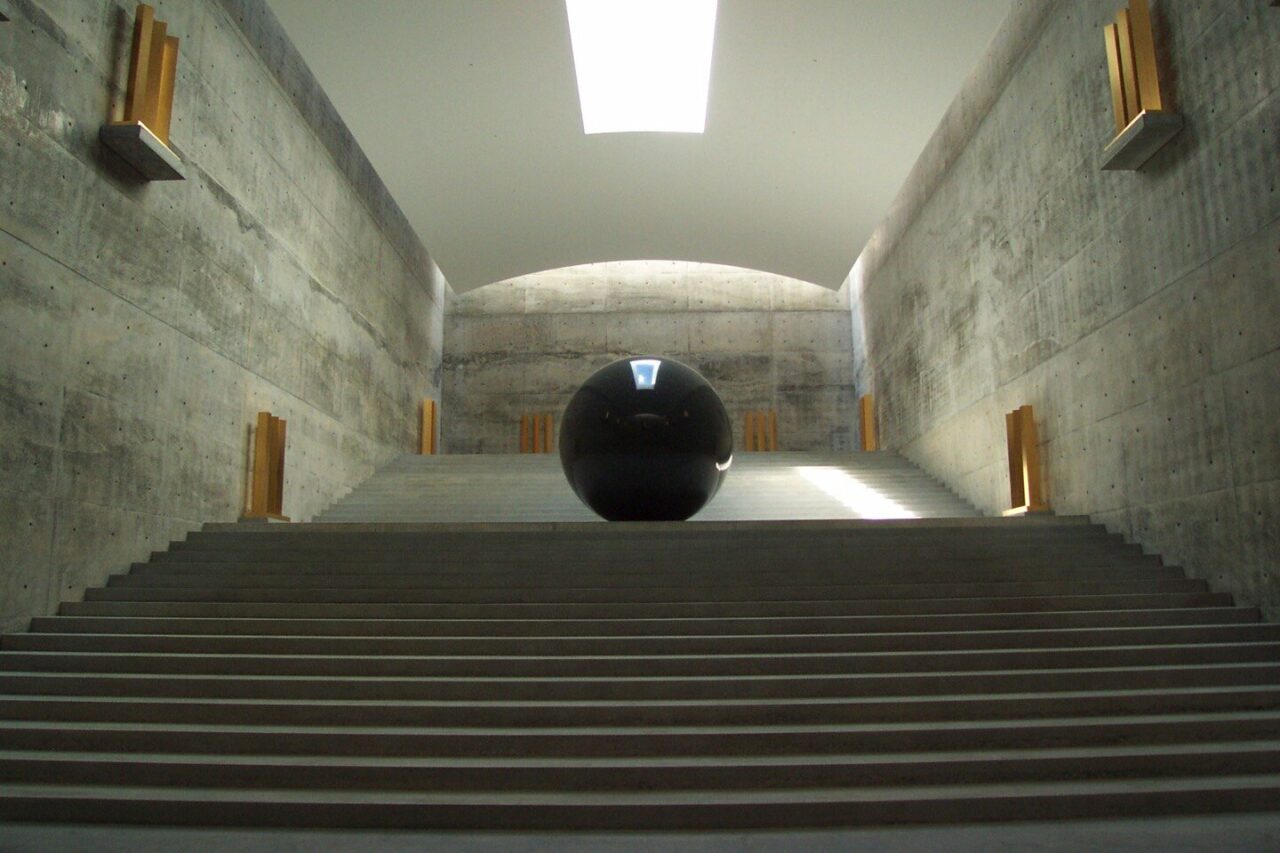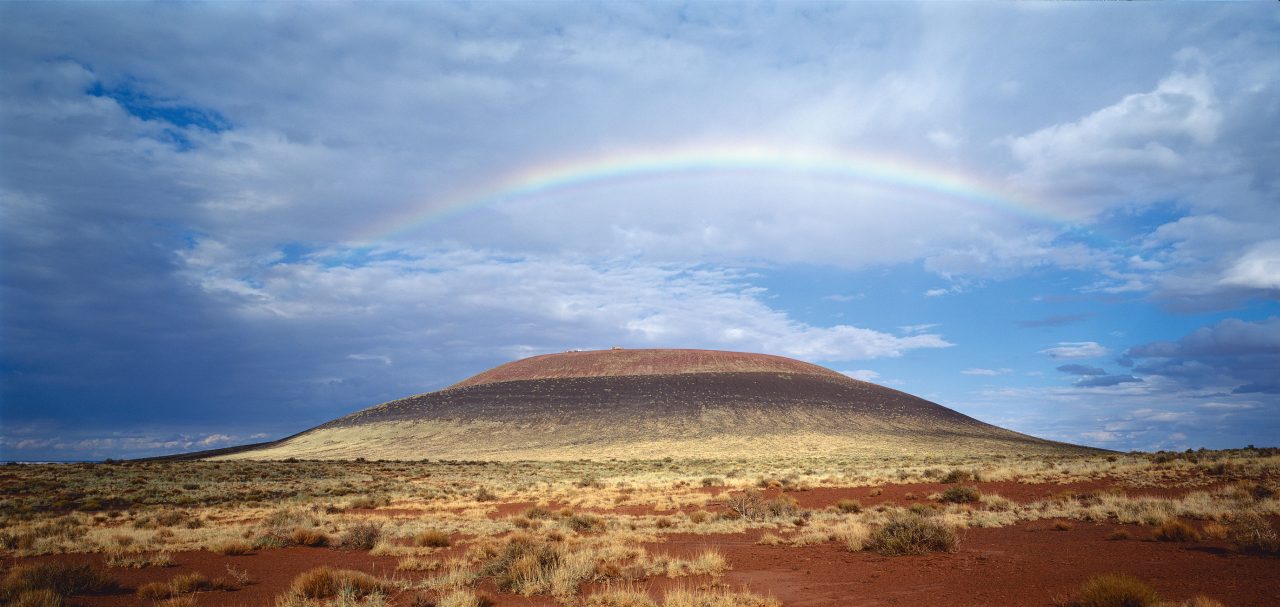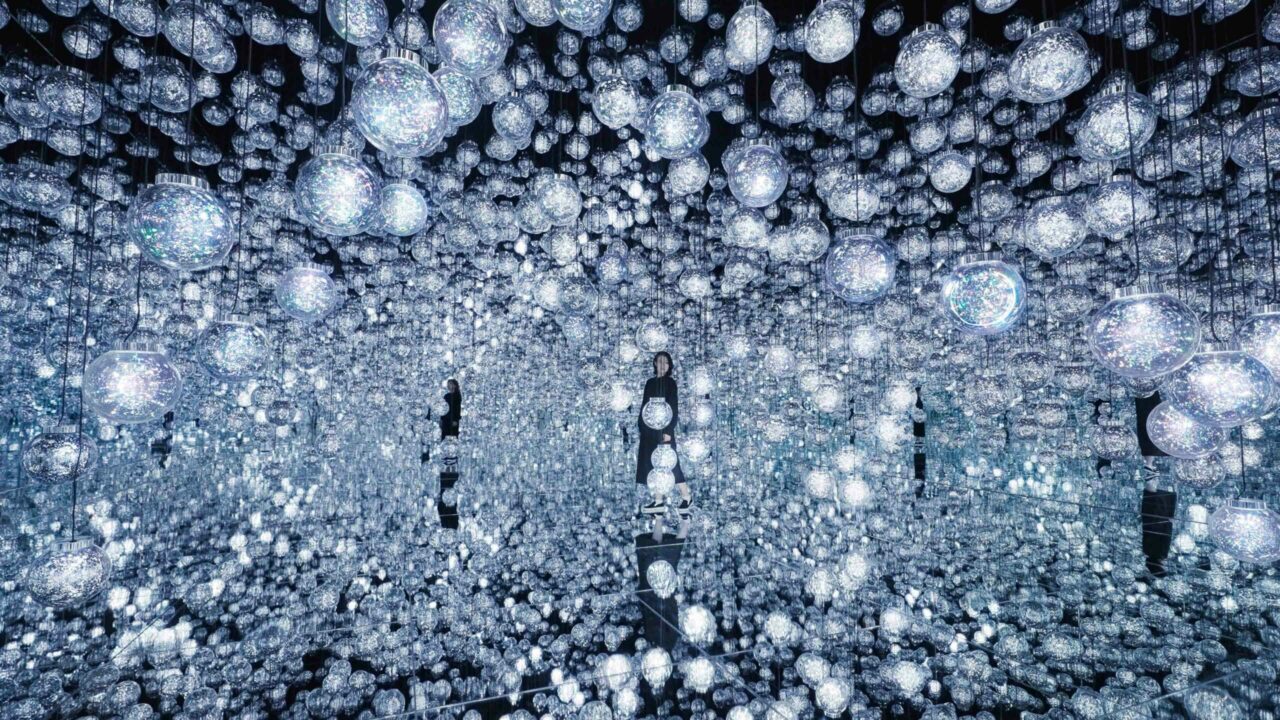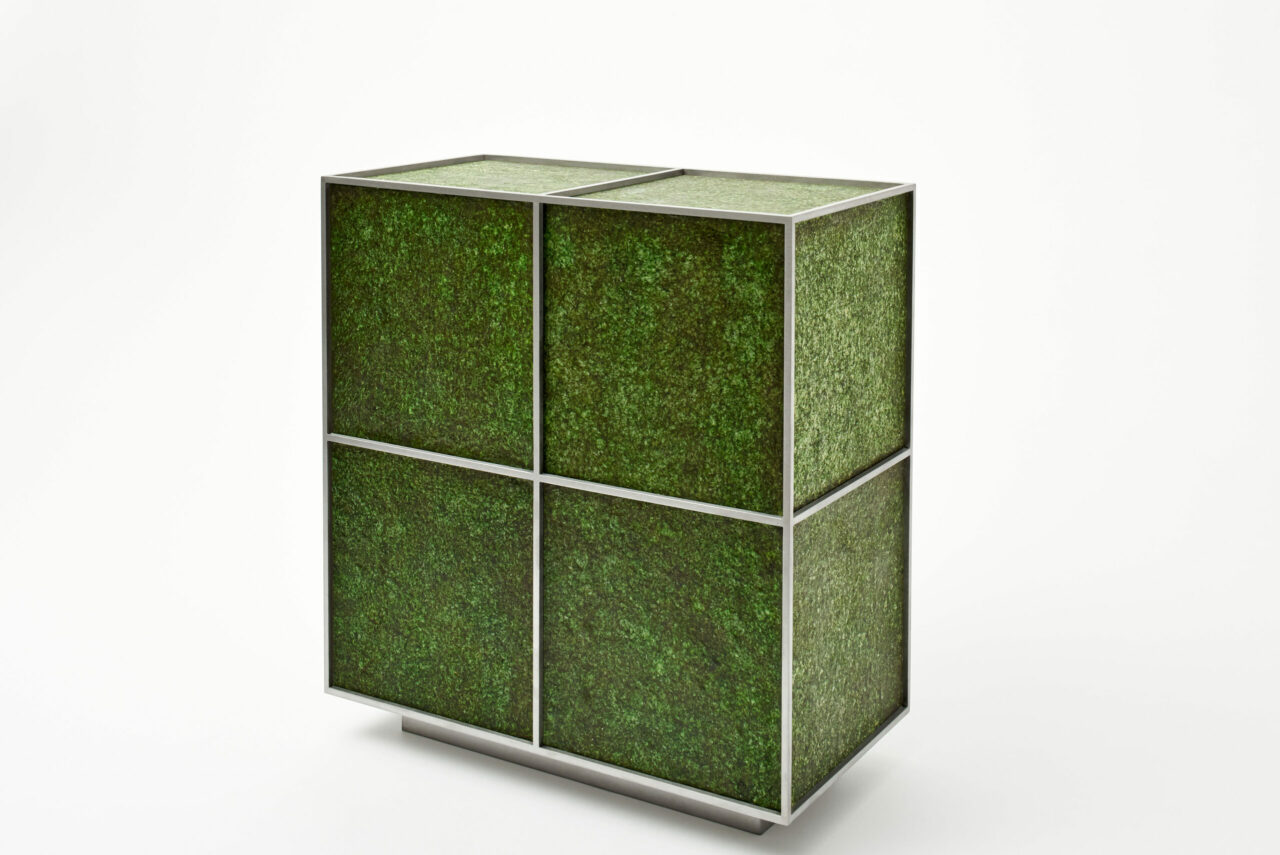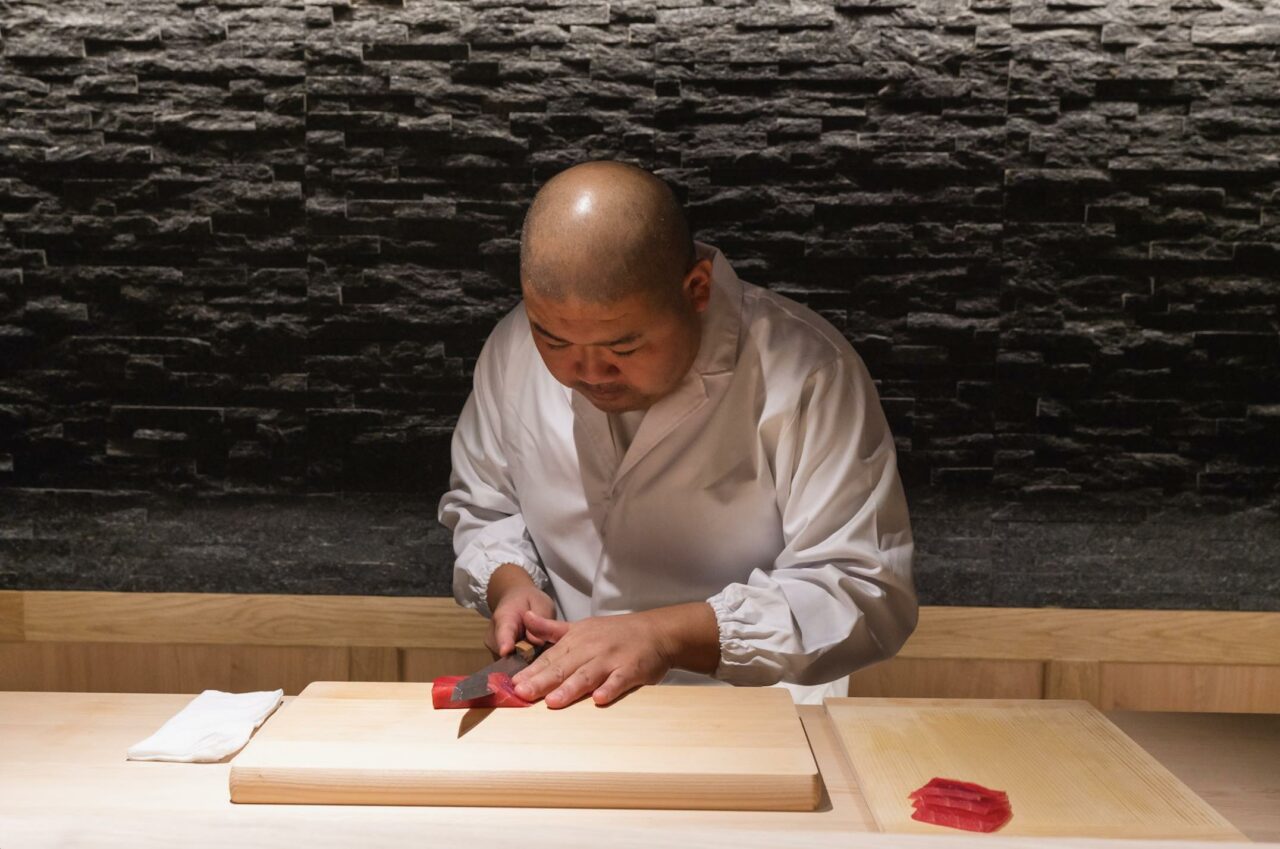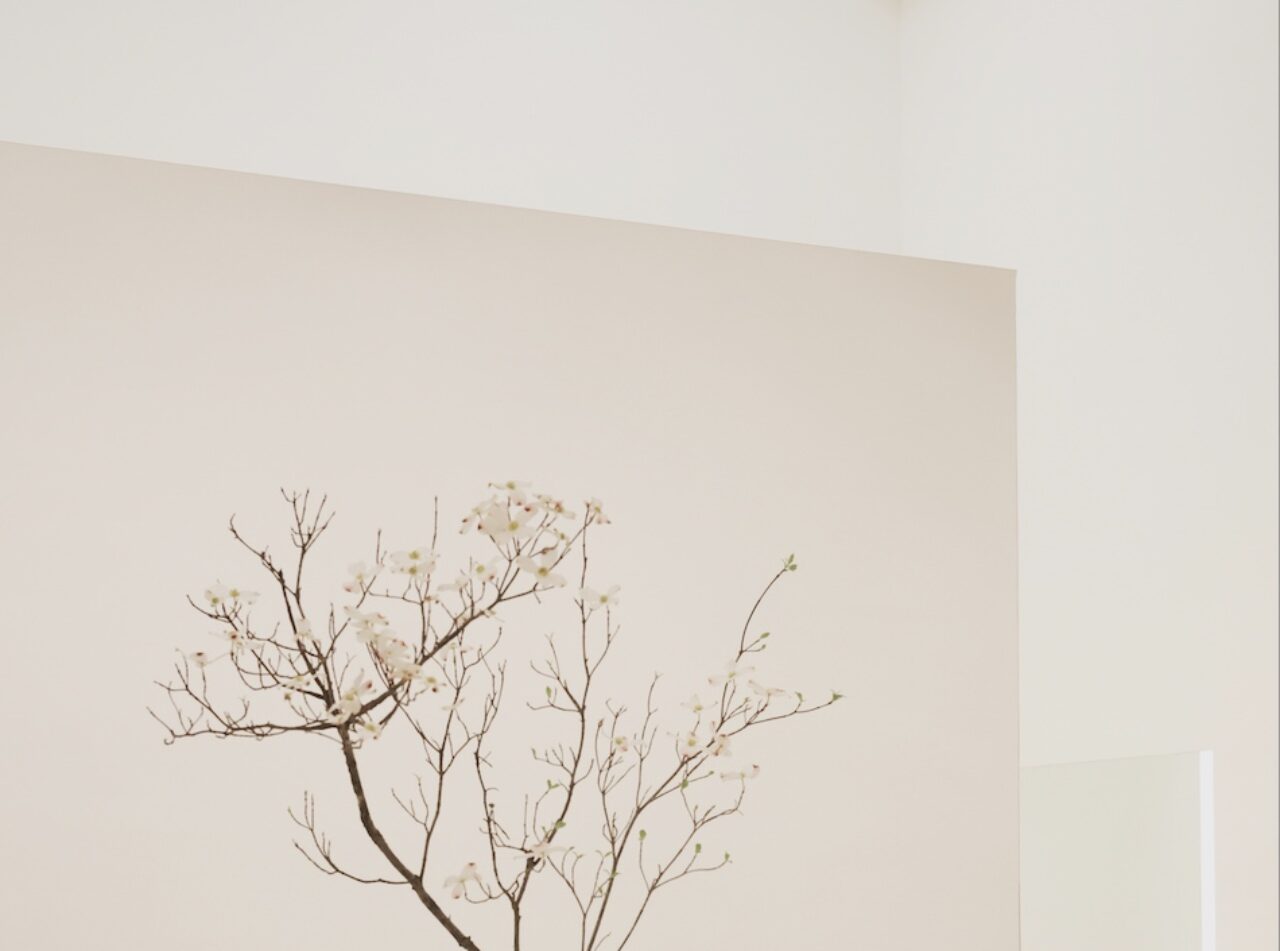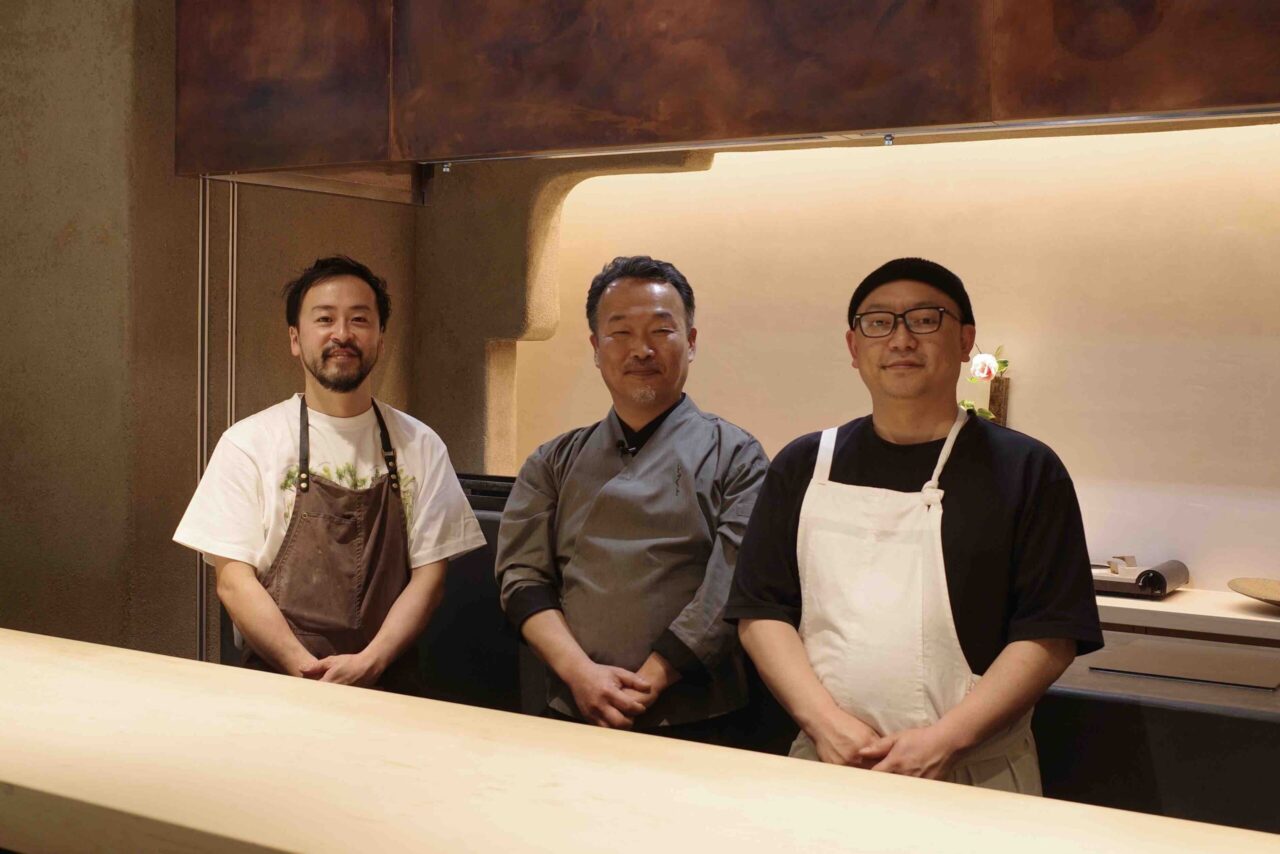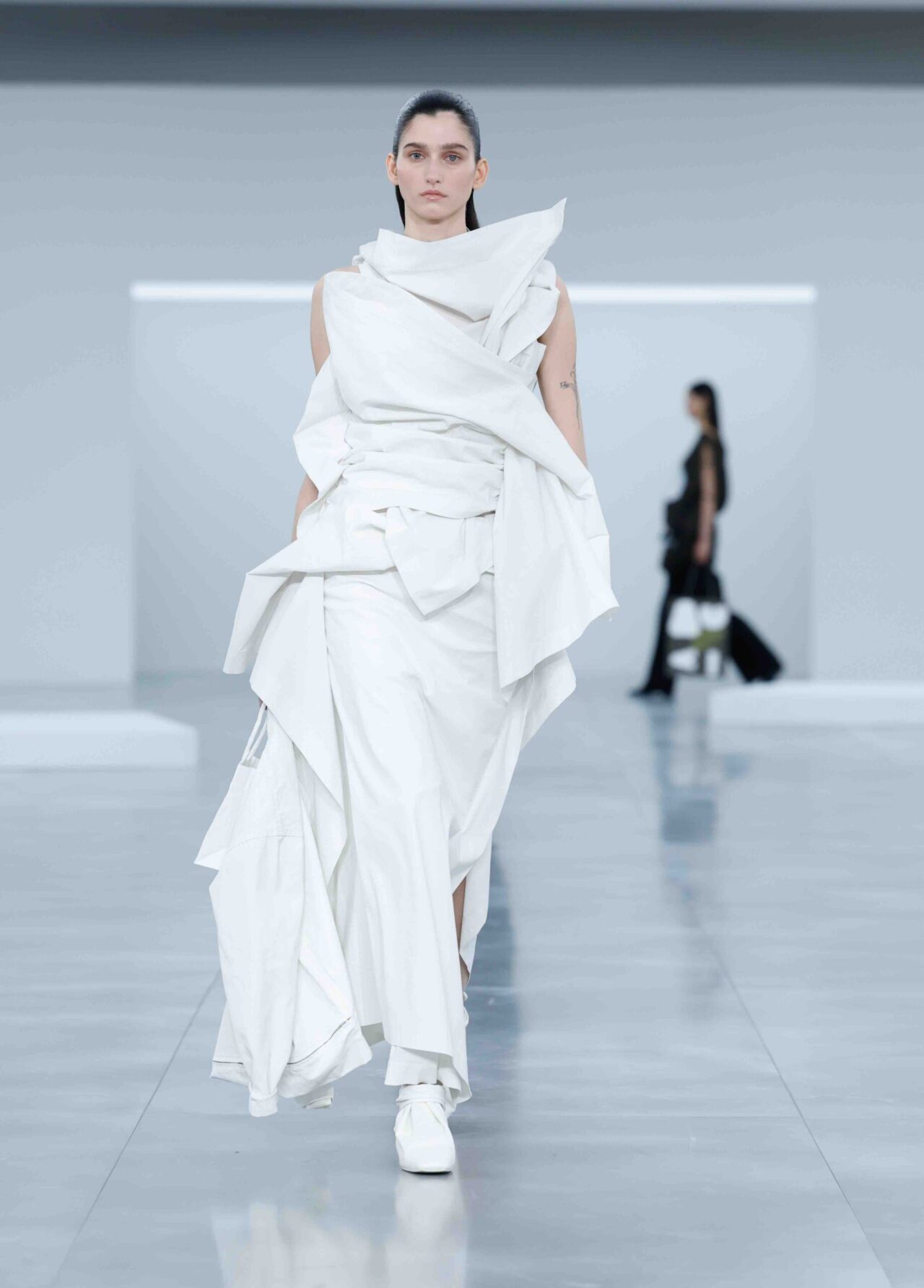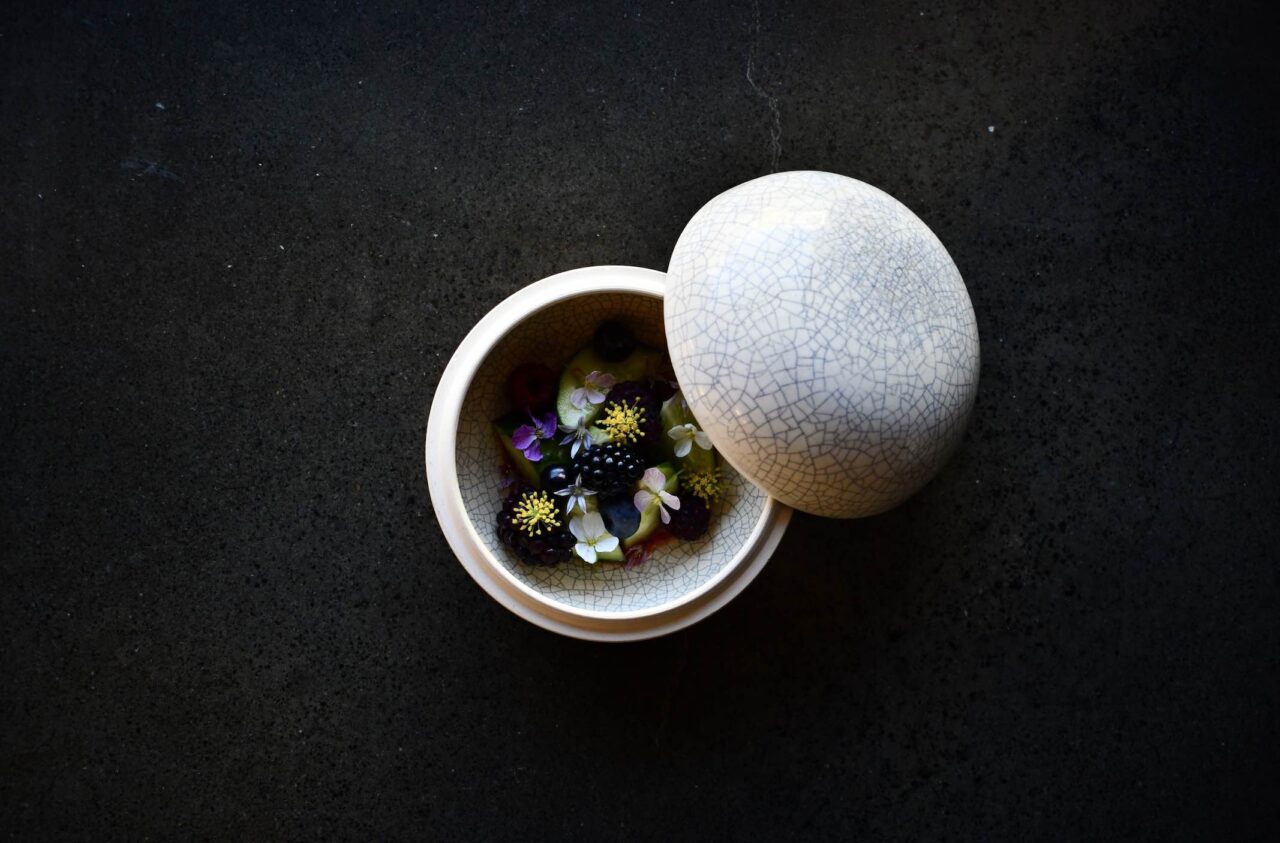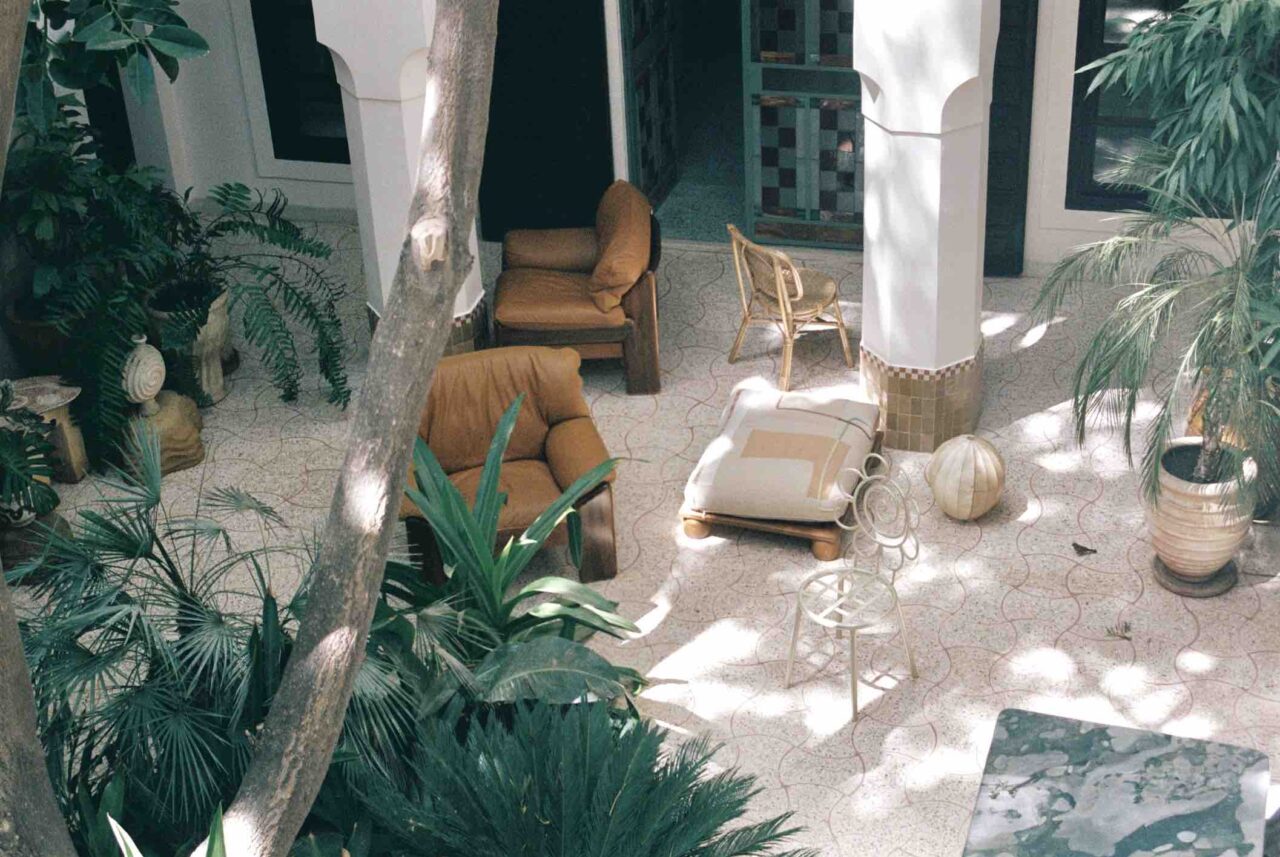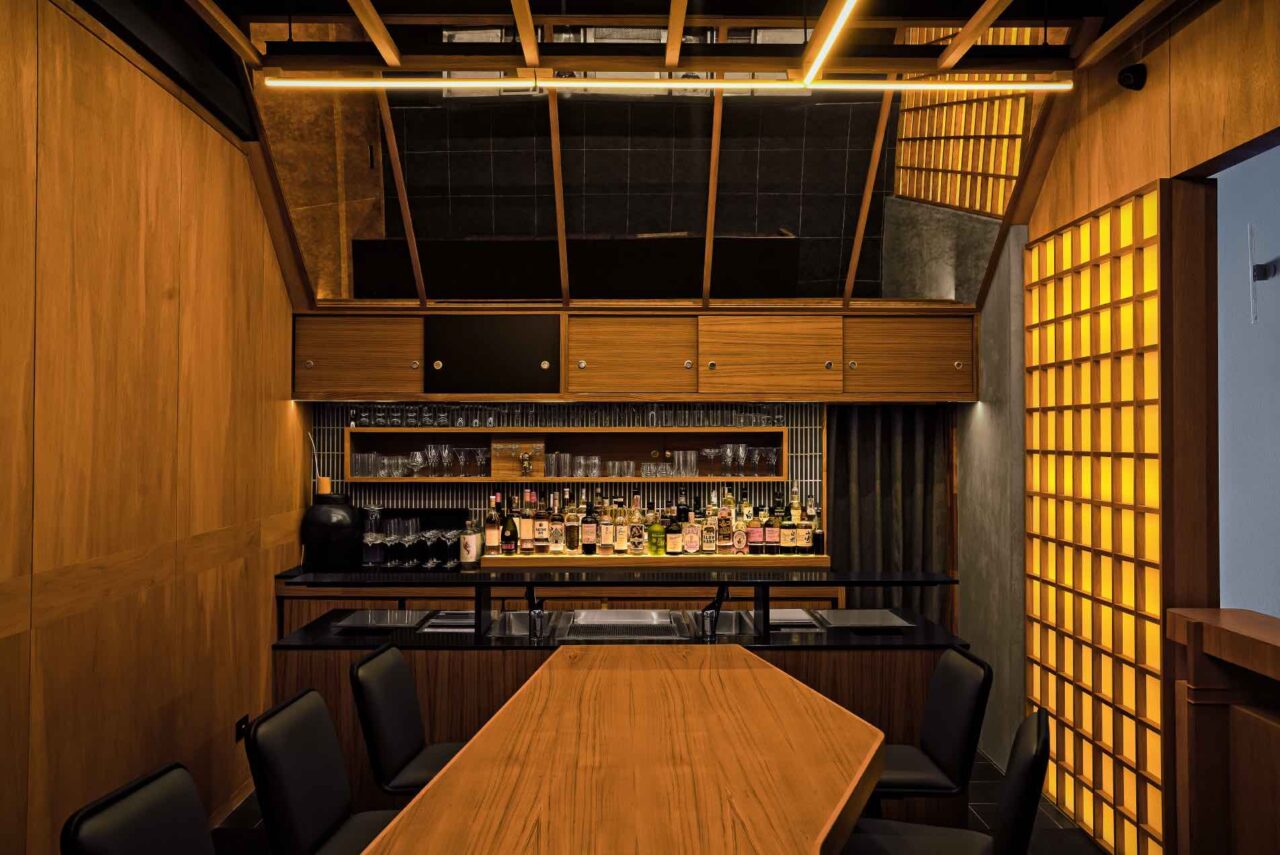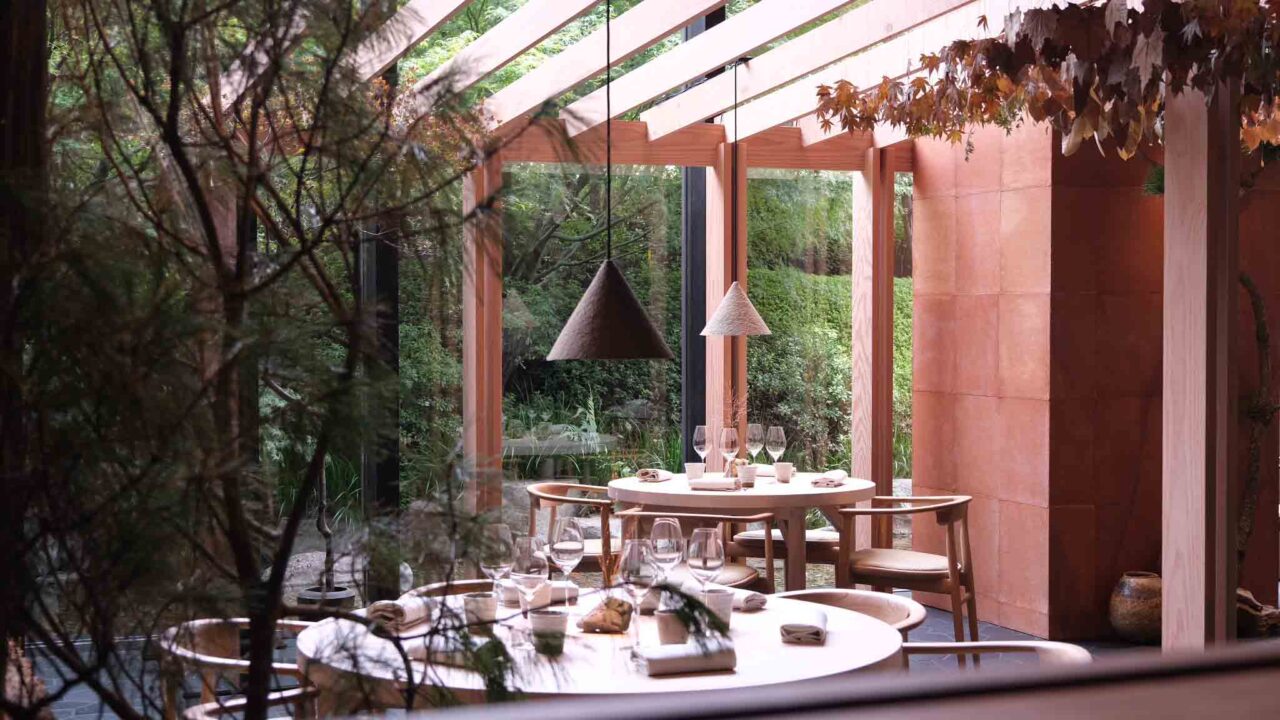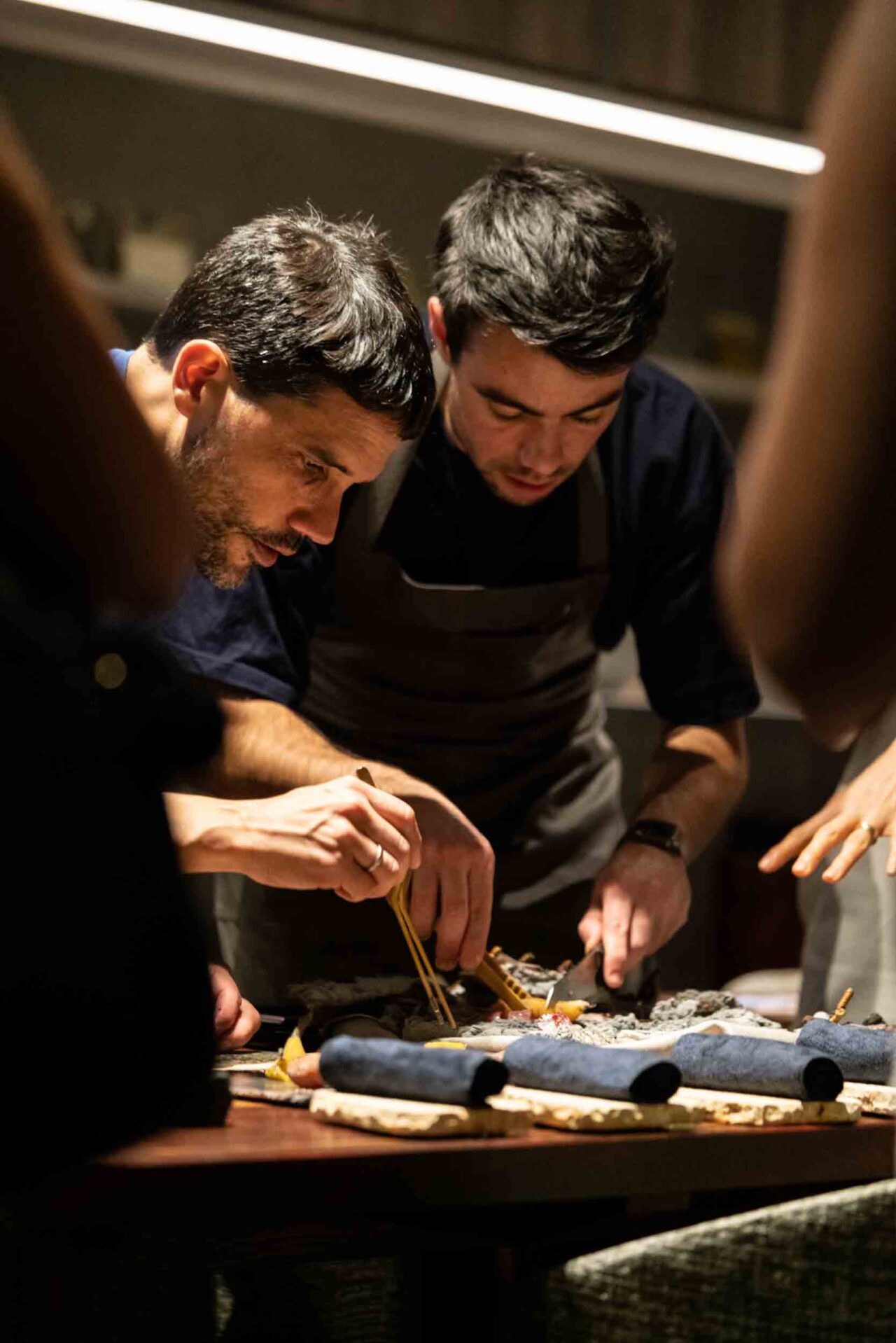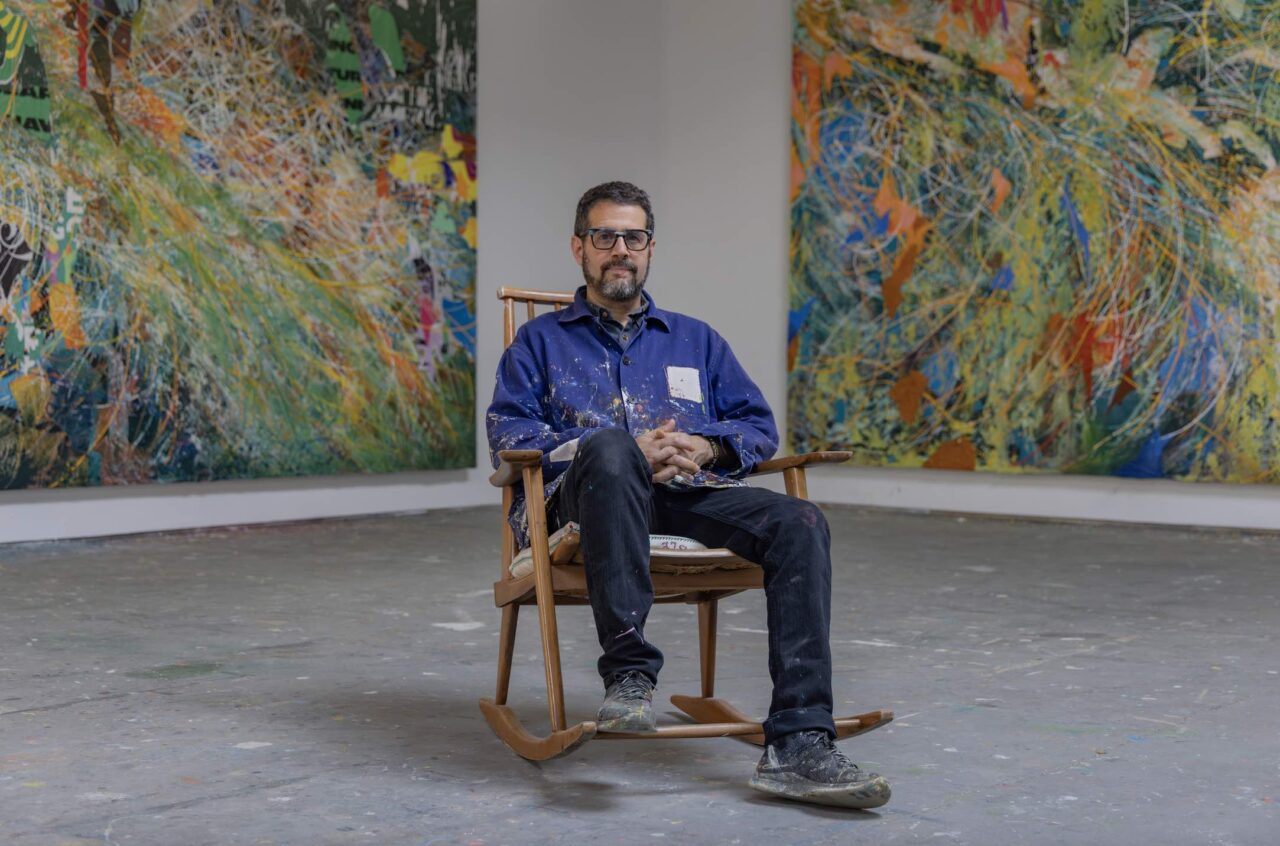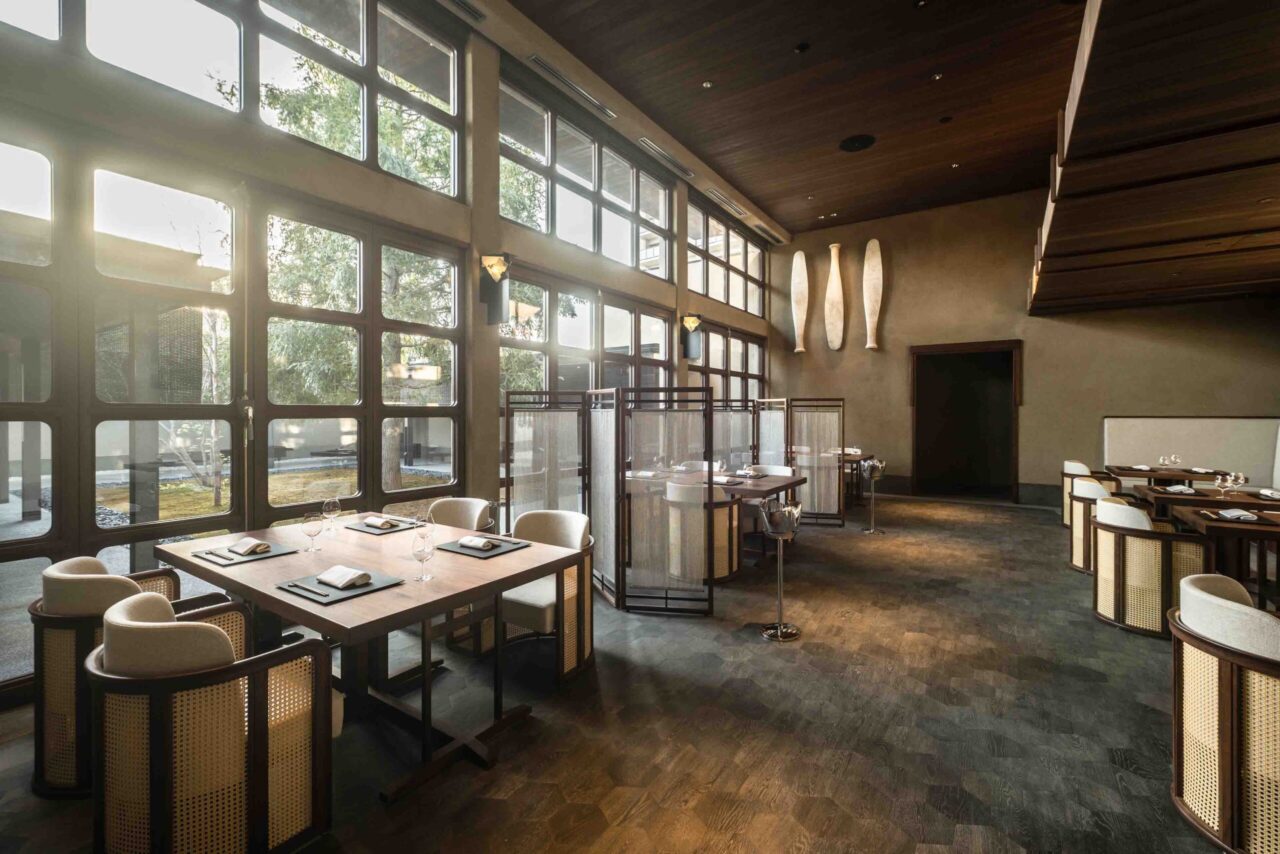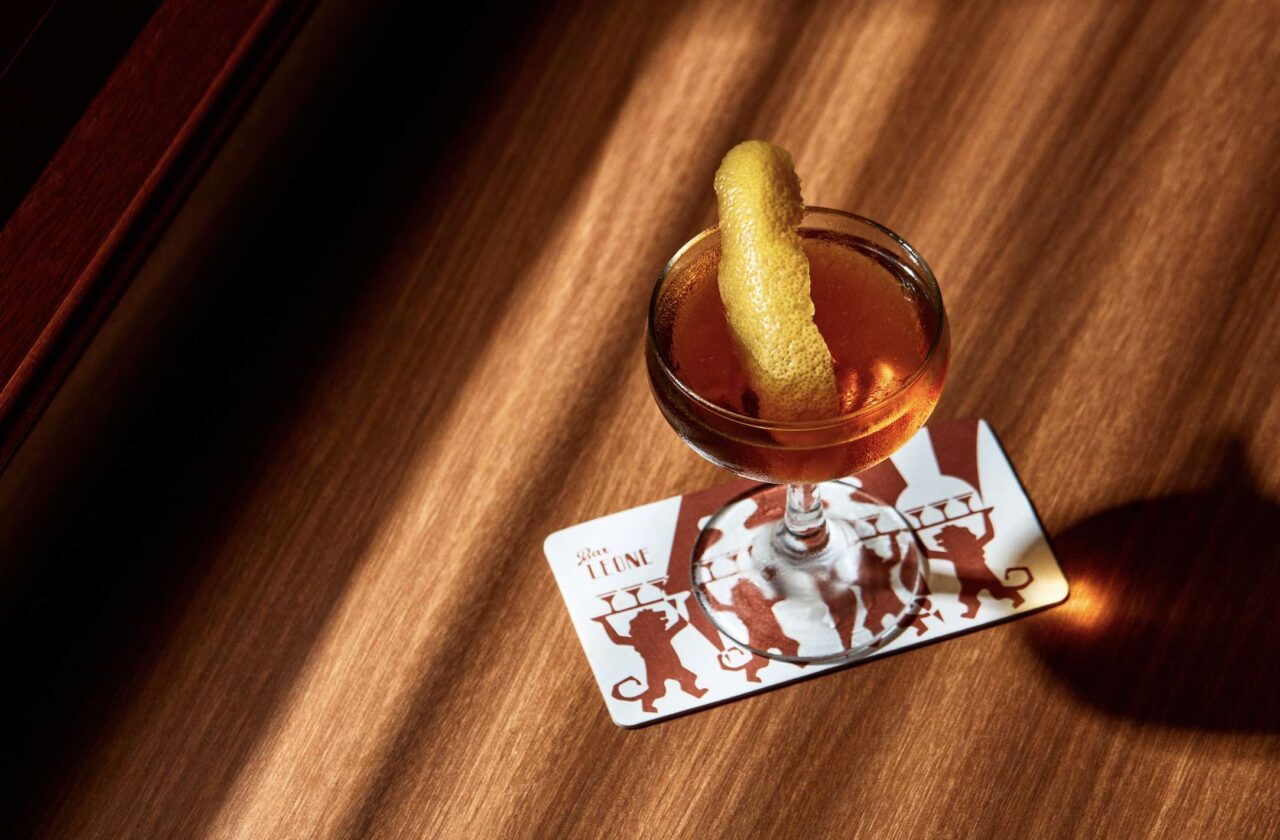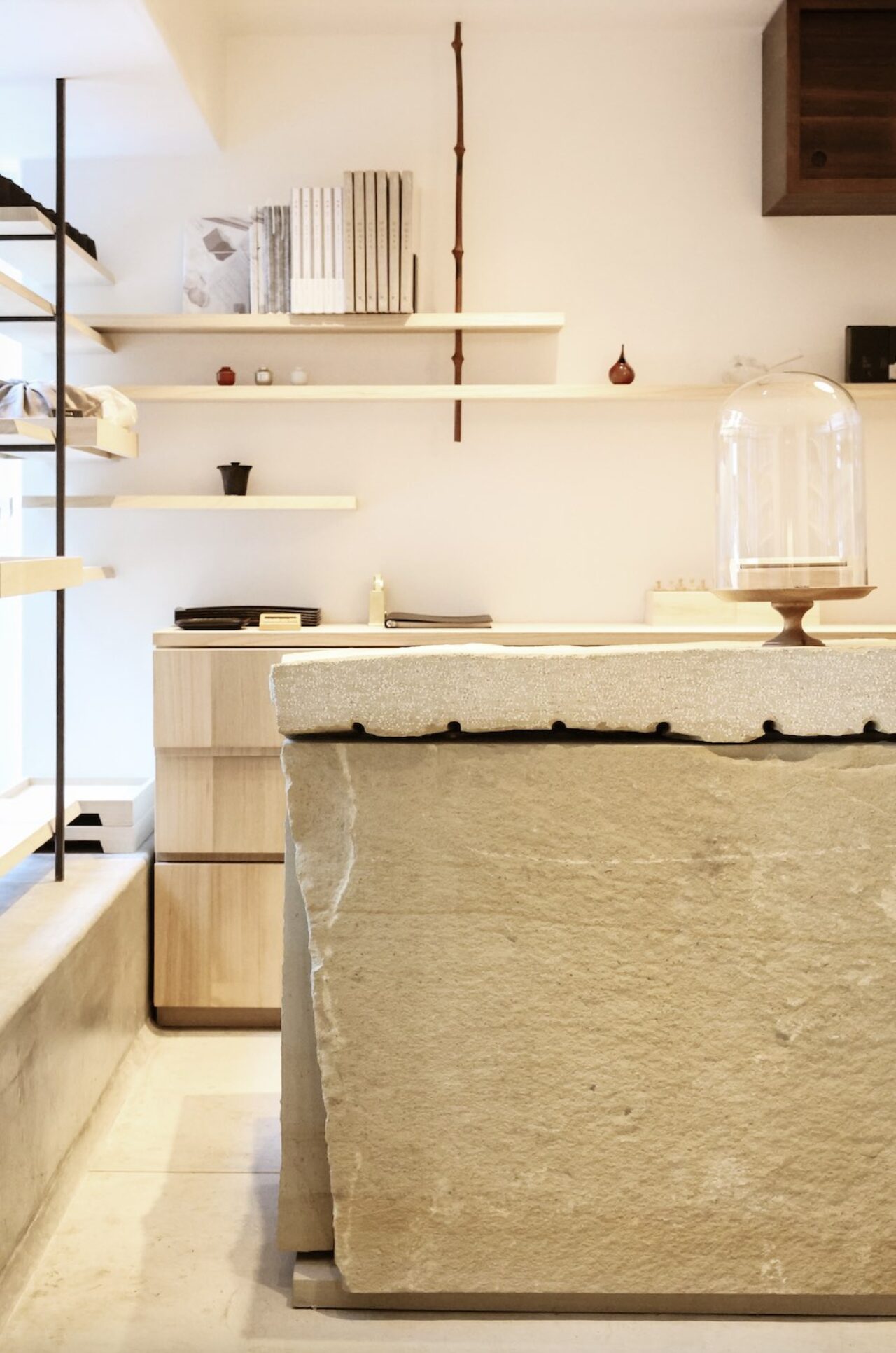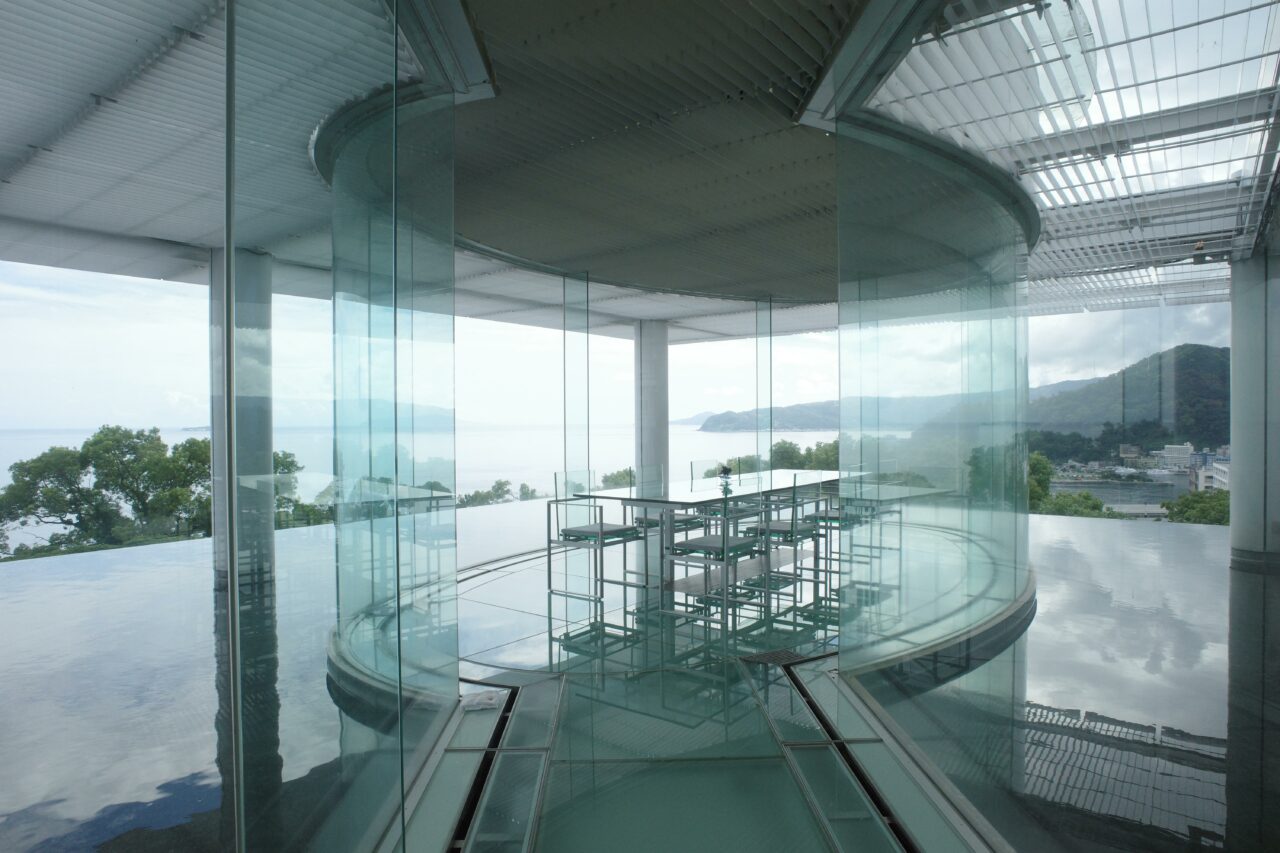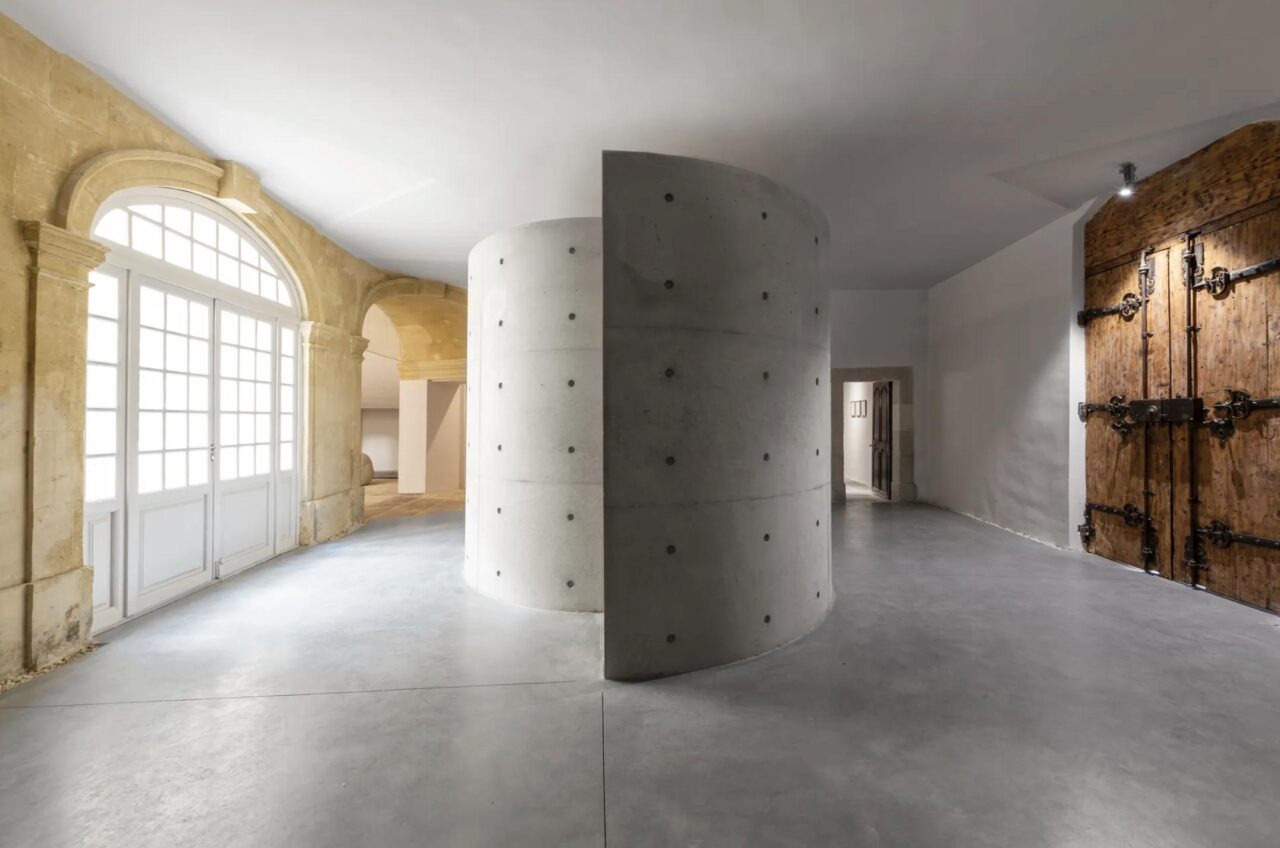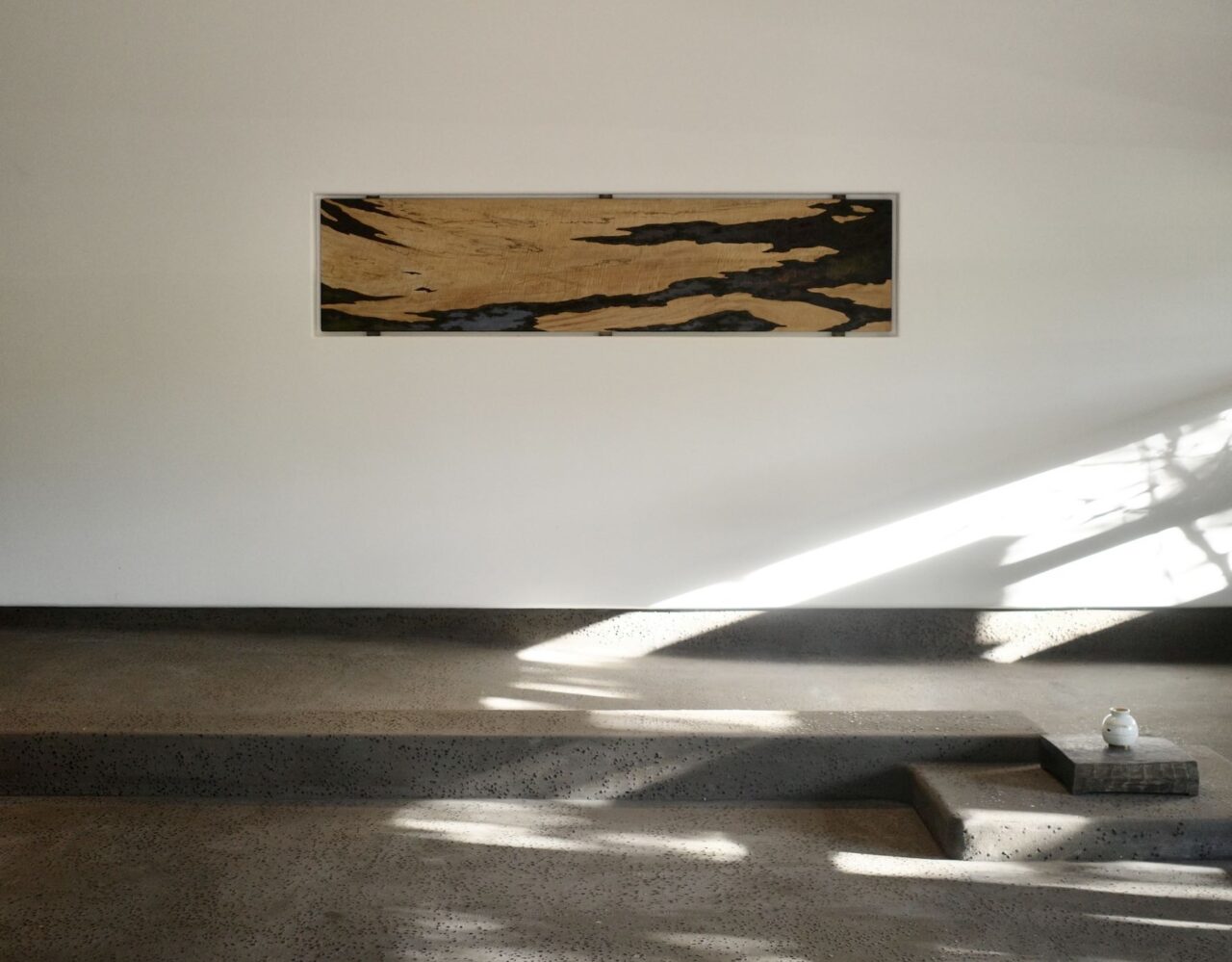Juliana Huxtable
The Beauty & Complexity of Queerness and Blackness Through Immersive & Inclusive Performance Art
Juliana Huxtable is a fluid multimedia artist, poet, activist, DJ and style icon who has captivated and challenged the public with her radical artwork and radiant personality. From museum spaces to nightclubs, Huxtable produces immersive and inclusive performances that dismantle prototypical representation and celebrate the beauty and complexity of Queerness and Blackness. Intuitively combining aesthetics and literature, Huxtable composes radical poetry that articulates the struggles of gender nonconformity, particularly as experienced by people of colour.
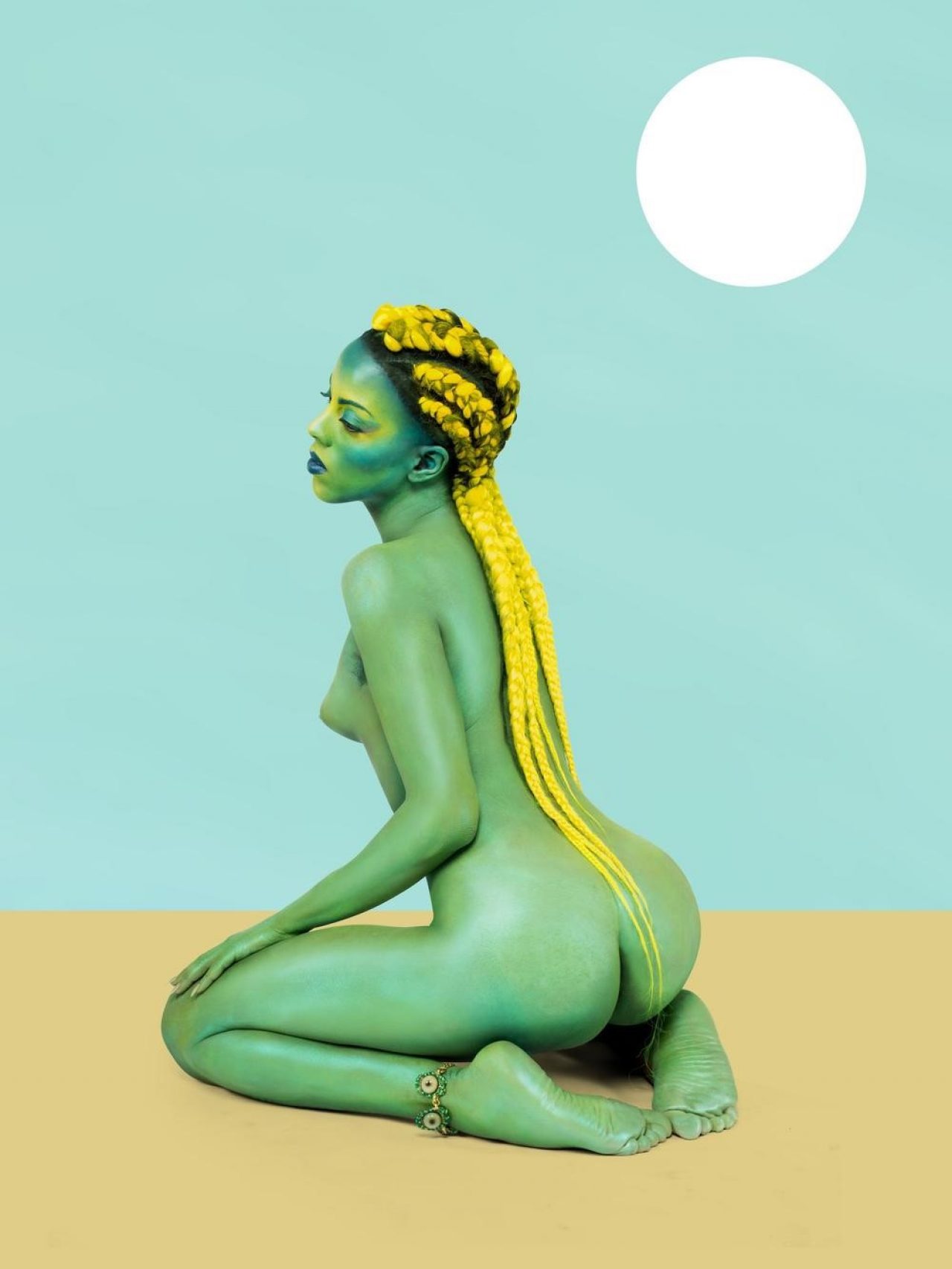
Born intersex in 1987 in Bryan-College Station, Texas into a Baptist family and assigned the male gender at birth, Juliana Huxtable struggled to combat the close-mindedness of her hometown, her family and her classmates. The internet offered a wealth of knowledge and opportunities for personal and sexual growth for Huxtable, granting a sense of freedom, experimentation, and control that was absent from her surroundings. Writing poetry and creating artwork with friends online, Huxtable drew comfort and power from expressions of her experiences. Attending Bard College after high school with the hope of finding a more liberating educational and social experience, she was disappointed to realise that she had landed in a white neoliberal environment that continued to marginalise her. Everything changed when Huxtable moved to New York City immediately after graduation, where she continues to thrive.
Today, Huxtable is in the midst of reflective transition that has been encouraged by collaborative art practices. She is currently planning for a gallery exhibition in the near future and a book release in May, both of which are still being organised. Writer Ani Bradberry spoke with Huxtable in her New York studio.
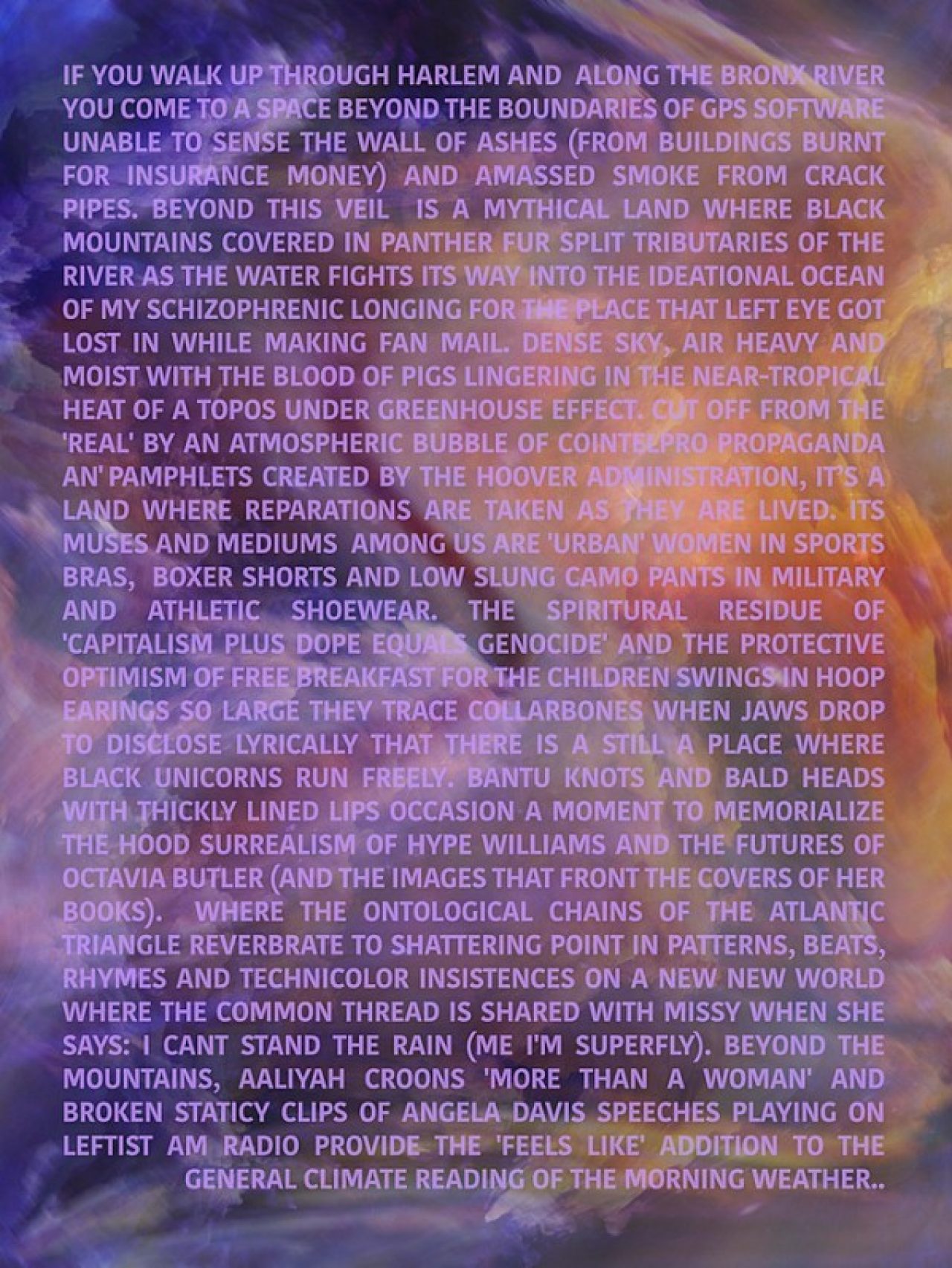
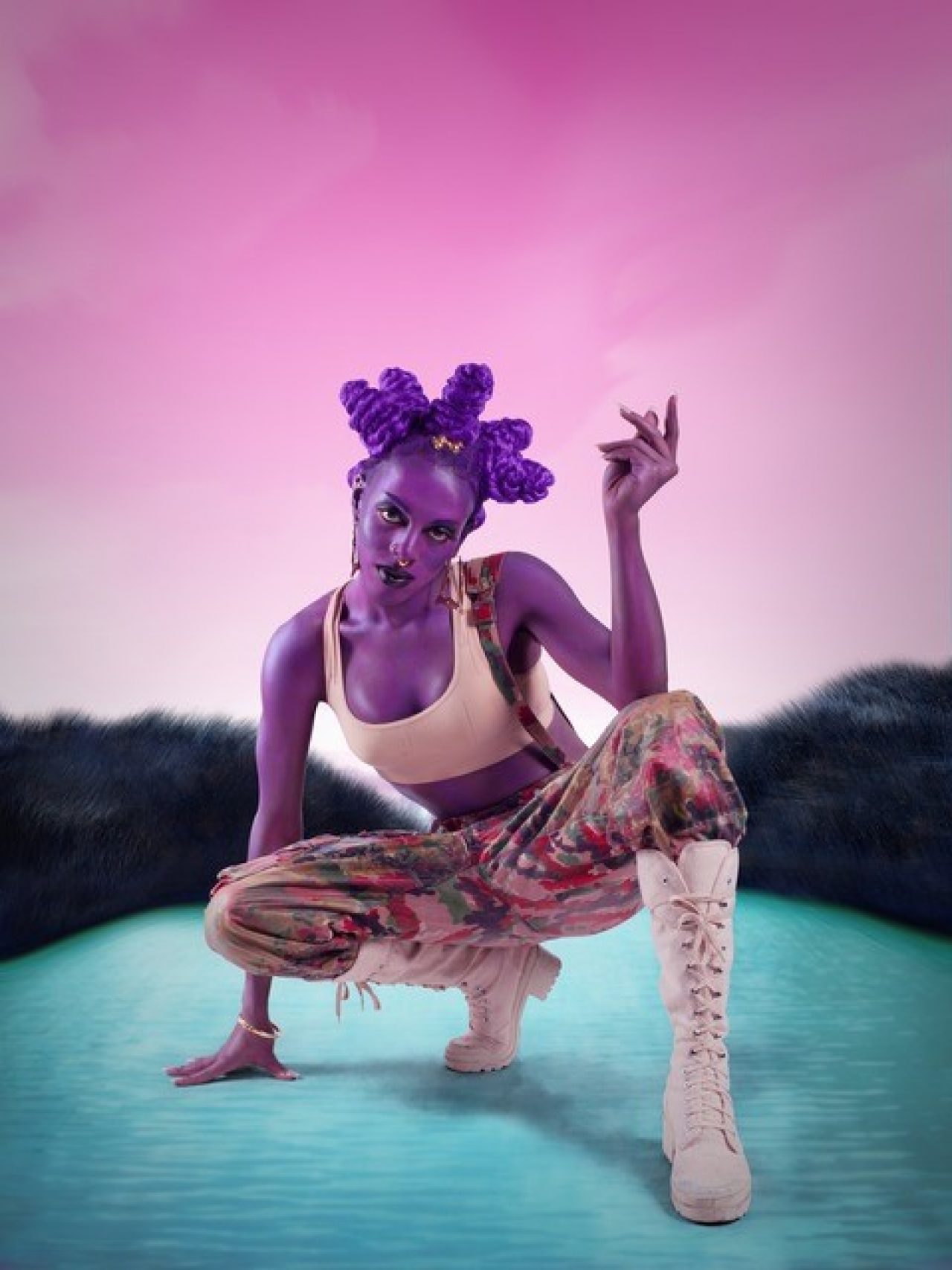
Ani Bradberry: Let’s go back in time. Can you describe some of your first experiences with the Internet and some of the relationships that you formed through it? How did this shift throughout your life? It seems like a lot of your work was mourning the loss of some really valuable resources. Can you talk a little bit about that?
Juliana Huxtable: I’ve had the Internet as long as I was able to really be cognizant of what’s going on. Both of my parents work either explicitly in some sort of tech field, or my mom works in IT and networking and databasing. My dad was an engineer, but either way I was surrounded by technology all the time. I’ve always had the Internet. I’ve always been pretty connected to that as long as I was really able to process what was going on in the world and use a mouse.
Did they encourage you to use it?
I think they did, because by virtue of what they do they both see technology as a career field. My mom definitely encouraged, not so much in necessarily what I’m doing now, but when I was really little, I did a lot of art. It’s Microsoft Paint.
Classic.
I would use pads and stuff to make images. My mom encouraged me to do it. I did web design. I was pretty good at Photoshop by the time I got to high school. I did web and graphic design and I knew ActionScript and Java and HTML and CSS when I was pretty young. My mom definitely encouraged that aspect of it, because it was a career pathway. I always wanted to be an artist. She also encouraged. I sold. I would sell prints of the stuff that I made online. I would draw images and then scan them in, manipulate them, maybe matte some of the poem or something.
She was encouraging in that sense, but it wasn’t really until after I left college and moved to New York that I really fully discovered a sense of a practice that was engaged with or informed by or in conversation with social media, some sort of a technological history in terms of what the Internet signifies, whether that’s operating systems and different types of computers and servers and things. How the physical aging of technology and the Internet have presented an informational gap in accessibility and stuff like that.
Did you form many personal relationships when you started blogging? Are you still keeping in touch with those people?
When I first started, it was actually just the people that I knew. I had a blog in high school and when it was Christmas, I would make my friends digital collage-y things and I would put all the links on my blog, or I would dedicate a layout on my blog to one of my friends. It actually started at the time as just a way to use the time that we were already spending online as a way to generate a culture of documenting and sharing and writing about, and just using it in that sense for what we were doing with each other. I guess chatrooms…AIM, definitely, I met other people through AIM, AOL Instant Messenger. Sometimes that was with musical interest, but it was also sexual interest. As I got older I developed sexually, hand in hand with the advancing of social media.
It seems like a common thread of your range of media use is your power as a narrator, whether it is through tweeting or poetry. Do you think that translates to your DJ sets as well?
DJing…it’s a different sort of thing. I think there’s a lot of crossover between them, and sometimes if I really want to think through the stuff I post online, I definitely try and think of stuff I’m producing as a static item that will exist online and then be distributed and downloaded. I find a lot of really intentional contexts: there’s collage and there’s text portions. Even if it’s just sonically, I try and find different sound references that create a specific cultural references and political references. It’s a different type of space. If anything, it’s kind of nice. It’s an alternative to what might be presented or engaged with in a more typically art-oriented context.
What, in your mind, is the value of combining visual stimulation with text or with sounds?
I don’t really know. It’s just kind of intuitive. I’ve always wanted to be a painter and a poet. That’s what I was when I was younger, so I wrote. My journals are drawings and paintings and poems. Visual and textual have never really been separate for me and they inform each other, and so my work just looks like that.
How did you transition between academic writing from Bard to more expressive poetry, or were you writing poetry throughout school?
I kind of stopped writing a lot of poetry. Sometimes I would put it on my LiveJournal occasionally. I thought [Bard] would be a place where I would flourish creatively and it’s not that that didn’t happen in other ways, but that did not happen in terms of producing work. In terms of producing work, I just performed debate. It would take a long time to explain.
That’s interesting. Does that translate to dealing with reactionaries in the contemporary art scene? Do you find yourself navigating those as high spectacles or as a performance in itself?
Not so much anymore. I think at some times maybe I would have, and I think maybe that’ll change at different points. I think, ironically, naturally, for most of my life, I was an introvert, so I have to remove myself to figure out my place and just how I’m processing my identity: what’s fantasy and what’s not. So I think at one point I understood everything as inherently performative, and that’s always a fact of reality, regardless of whether or not I intend it that way or not. Right now, I’m in a recoiling self-analysis in terms of my relationship to my practice and what I’ve done and what I want to do, so I can’t really answer that necessarily right now.
What are the differences and similarities between eroding fantasy and fulfilling fantasy?
I guess maybe there’s a strain of masochistic production in everything that I do in the sense that no fantasy I’ve ever wanted is ever really fulfilled, and maybe that’s a necessarily relation. I’m the type of person that if things are going well, it causes a crisis. I don’t like for things. Because I’ve worked for so long in crisis or in extremely limited resources or in response to something that’s overwhelming or really troubling or whatever, there’s a necessary collapse of whatever I’m building as it’s being built. My relationship to fantasy, particularly in terms of communities that I’m participating in or actively a part of constructing something, which is what a lot of my performances are about. I think there’s probably a necessary relationship between something eroding as it’s being built.
I think the only time where I maybe feel like everything’s coming together in performances is in the moment when I can feel like I’m fully immersed in the thing and the thing is just happening, which is why I’m driven to make the work that I do. Just moments of fulfilment or something close to fulfilment. I don’t know.
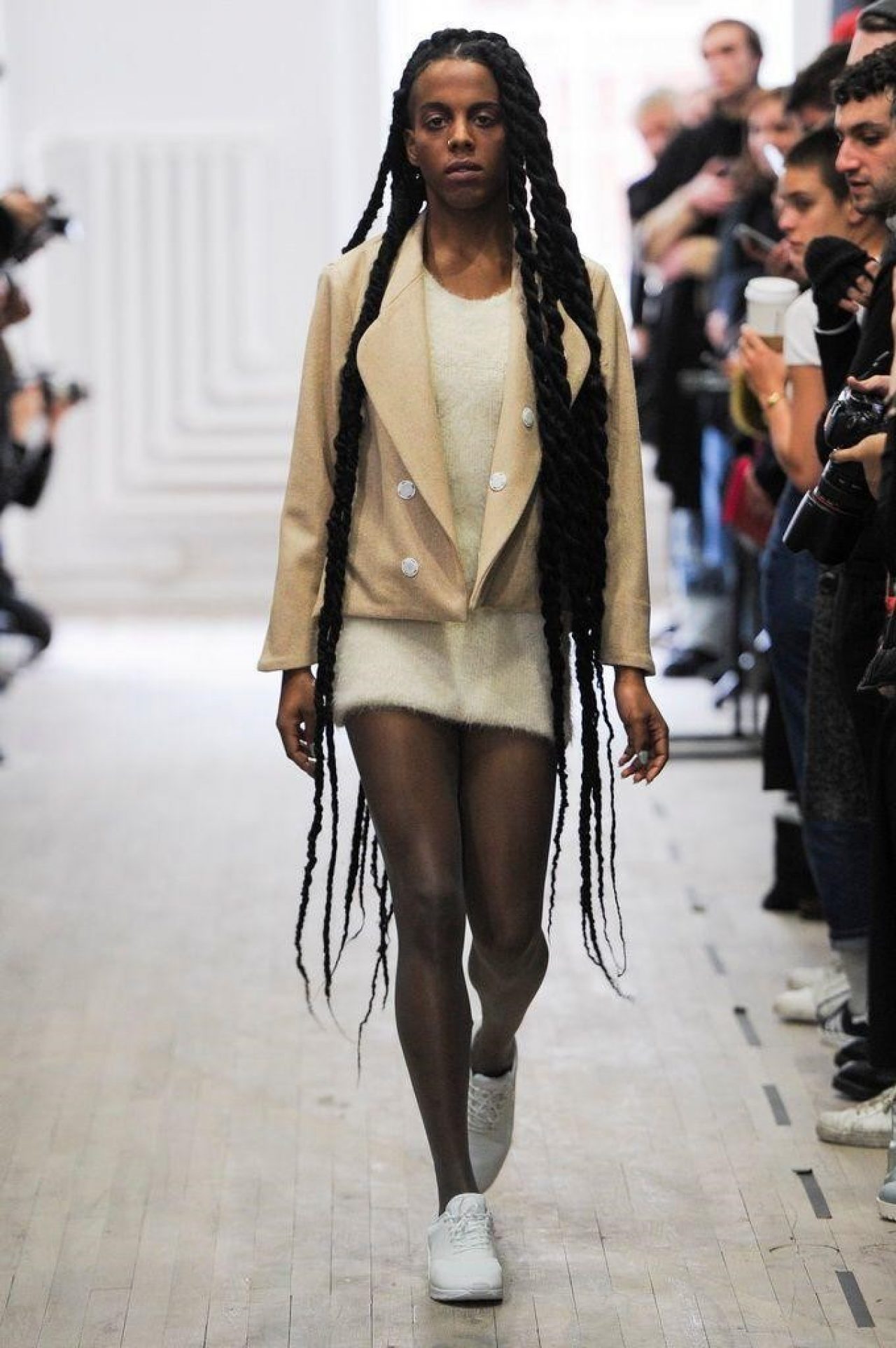
Do you think induction of agitation or anxiety within the audience or a specific audience, not necessarily all of them, is a feature in your performance or in your poems? What is the importance of fear, I guess, in contemporary art in general?
I don’t necessarily know about fear, but discomfort and anxiety and provoking are pretty textbook ideas of what performance is supposed to do in one way or another. I try and provoke people to…I don’t think I think about provoking. I don’t know if that’s my goal. I think my goal is to use presence and duration and immersion to surround someone in an idea and/or set of ideas. It’s performance as an alternative to an essay or film. At one point, I thought I was going to enter academia, but for what I’m doing, it wasn’t very useful for play and humour. In a performance, I want to be able to do something where, sure, there are references that may be esoteric and refer to a specific set of texts, but there’s also references that only people that are either from a specific type of black culture or familiar with a specific type of black culture would get. There are also references that only certain types of queer people would get.
I want to create a sense of a dizziness, maybe, or maybe even confusion, but confusion and seeing something but not fully having any single thing to grasp onto.
You’re just overwhelmed by what I’m trying to express. That’s my goal with performance because you can just create so many different angles. Sure, I can make a video and make a text and make a painting but people are interacting with these things as static objects. Even just text. For performances, I don’t want you to have to text. I don’t want you to be able to read what’s going on. I like that it’s verbal. You’re getting traces, pieces. There’s melody. It’s a more honest reflection of how the ideas are forming in my head as a reflection of how I’ve come to be informed by what’s happening. Performance just feels more alive.
Have you ever been censored in any of the places or institutions where you’ve tried to perform?
No. Almost everything I’ve done is New York, LA, Berlin. I’ve never done anything in a context where censorship is even considered. I just couldn’t imagine someone censoring me.
Explain your interest in using your own body or digitally rendered bodies or the community that you surround yourself with as a method for transferring or communicating information, particularly within your set at VIA Festival in Pittsburgh.
What I like about VIA is it’s an opportunity for collaboration and to see how other people work. They asked me a few questions about it before, but I was more interested that it was an experiment in seeing how other people see what I’m doing, specifically in the context of Shock Value. The loose theme was Shock Value as if it were a presidential campaign or something and our music was speech or some sort of propaganda for the utopia that I’m trying to create through throwing these parties. That was totally collaborative as it happened. I saw the videos as it was playing out. That’s what I liked about that. Normally, I’m super in control of everything, so it was nice to see how the other two artists were navigating and what they thought my party was.
Shock Value seems to be such a force of life. What are your thoughts about the importance of free leisure time or entertainment for marginalised communities? Do you think there are class boundaries broken as well on Shock Value?
I wouldn’t necessarily attribute that specifically. I think it does happen, but I think that’s New York. That’s more so crediting the insane density of people in New York City. That’s why I like nightlife. Sure, there are places where they’re like “$200 entrance” in the meatpacking district, but most of those people don’t even live in New York. Maybe that’s a majority of New York, but what I experience when I go out has a lot of fluidity in terms of class. [Shock Value] has an inherent relationship with intersectional partying or something like that. My primary modes of thinking are I want to take different genres. I definitely have an agenda in terms of gender and race, but to be honest, it’s also a reflection of my social circle, and so it kind of just happens as a product of that.
It is important for me that it’s a space where class borders can be dissolved, but I think one of the most effective ways of doing that is through music. That’s why I always play with Abby and Anthony because I love both of their approaches to music. Abby was the first person I ever heard play a “Sex and the City” theme song and do a mix for it. Maybe later on, Anthony will play a Rihanna track, but hooked into a Jersey club song that’s kind of funny. I try and find people that the way that they’re processing music is already multi-faceted, and so the people who feel comfortable in that space can reflect that. Yes, it does get obscure at times, but it is specific set of different references that can coexist in a way that isn’t so limiting.
Whoever played the Felix the Housecat silver screen is my hero (thank you Anthony). It was a great, great event. I was so glad to have caught it. I guess this is a really exciting time to be alive and queer, especially as trans visibility continues to blossom. What do you think we need to be critical about as queer culture starts to permeate mainstream media, television especially?
I’ve said this a lot before, where I think visibility can be a trap to keep you away from trans people. Also for people of color. An increase in visibility also comes with a direct backlash depending on where you live. I’m lucky. I live in New York. For several years I knew New York was not the safest place for me, and I felt I was actively in danger a lot of the time. Now, largely, probably based on how I look, I don’t really deal with that type of scrutiny anymore, but even still, even during the times when it was really tough and kind of violent, it’s just different in New York and the conversations that are happening.
At least you can find the micro-communities and people are really having conversations around trans-ness and safety and what safety means and what creating a cultural space productive to different types of genders and different types of ways of being means.
Still, for someone who lives in my hometown, it’s not good that there are trans people on Time Magazine and on TV because it makes people that are ignorant and violent and, it’s unfortunate, but extremely uneducated, feel like there is really a battle. How many out trans people are there? Not really that many. It’s never really been a threat.
People have lived their lives for years, but now, there’s all this media attention surrounding trans-ness that maybe is outpacing the political reality of how individual communities are dealing with it or if they’re grappling with it at all. I don’t know if this really benefits a black trans woman in Georgia. Maybe in some ways I think there’s a value, because it is very powerful and important to see visions of yourself. I’m not suggesting that it’s only a negative thing or that I’m not thankful or excited, but I think people should also think about the flip side of that. Maybe that’s what’s important to think about and to be careful. For me, I try to be careful with how I engage ideas of media or how I’m putting myself out there, because I don’t know. It’s more complicated than just a question of more visibility, therefore better or more safety. It doesn’t mean any of those things necessarily.
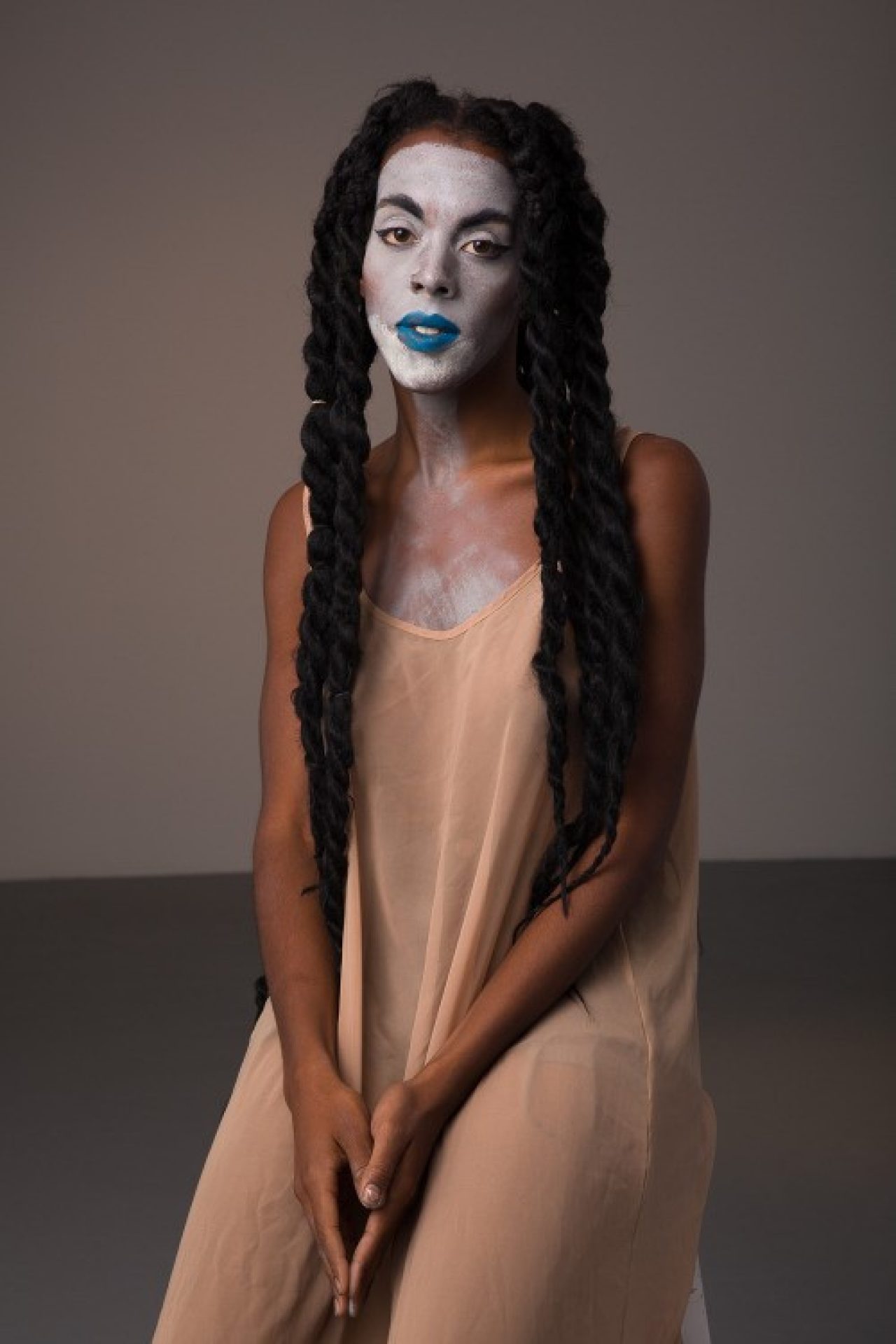
That makes a lot of sense, the urban/rural disconnect within the United States is often overlooked. Would you talk a little bit about the poems that you wrote for the new publication Façadomy? Were you the designer of the page’s layout?
No, I just wrote the text. My best friend, Riley Hooker, who’s also my studio mate, he designed that. He’s also designing my book.
Very cool. When is that coming out?
That is coming out in May (2017). The idea behind Façadomy is that it’s architectural processing. It’s about systems and structures and organizations, coming up with a taxonomy of gender. Even if doing that is inherently ridiculous to try and create a system, it’s an experiment in thinking through language or art and using a system as a site where we can create moments of resistance or moments of reflection. I was basically given a set of gender types that this one Norwegian social scientist [Esben Esther P. Benestad] had come up with. Each piece was an attempt to think through the definitions of these types linguistically to try and create a poem for each one. Maybe the words themselves and the lines in the poems themselves become a reflection of what that word entails or what that word doesn’t entail or what’s impossible in the word or its failure.
The intersex one was particularly close to me. I’m intersex and I did my thesis when I was an undergrad on a critique of Western French-inspired rhetoric: Judith Butler and Luce Irigaray and Hélène Cixous, thinking through gender as performance and a rejection of a model of feminism that takes materiality or resource to the body as its primary anchor point. I understand it and I think that the idea that everything is performative and everything is rhetorical and the infinite diversity of flesh and bodies reflects the infinite diversity and possibility in language.
I found that to be kind of problematic to a certain degree, because I think that’s true only if your body fits within a comfortable set of repetitions, so considering architecture was particularly important as I thought: what are these habit structures that create bodies that can then claim to be part of the infinitely diverse map? I think that the flip side to that is the surgeries that intersex youth are forced to go through. Some forms of intersex, it’s literally as children, genitals are cut and reformed. Internal organs are taken out to fit an idea of what a male or a female is. I was supposed to get chest surgery and I was going to get hormone treatments for testosterone.
When was that decided? Was it decided for you?
A doctor decided that that would be the most appropriate thing because then the only way for me to be would be to live as male.
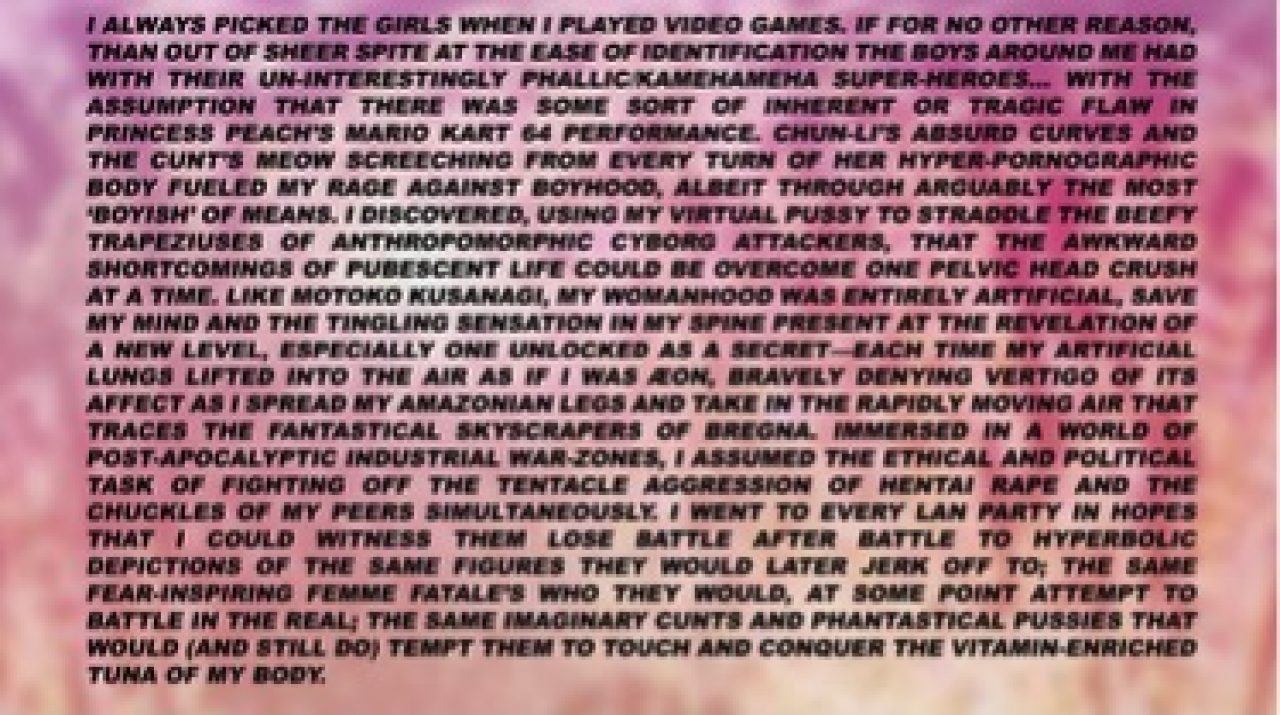
How did you react to that? Were you a teenager?
I was a teenager. I didn’t really know how to react to that. I always felt unsure in my body. I never felt sure. I never felt comfortable going to the bathroom because until I got to college, I was raised and forced to go to men’s bathrooms, and I never felt comfortable in that. I also didn’t feel comfortable in women’s bathrooms. I hated gyms. I avoided gyms. Anything that required separation along a sex line, I never indulged in it because it never felt comfortable to me. I think moving to New York and doing hormone therapy has totally changed my confidence in my own voice and all of that, but my thesis was about the impossibility to say not only I, but also to refer to oneself in the third person.
The difficulty to speak and say “I“ is about the link between materiality and language. That subject to comfortably speak from the first person is, to me, linked with a specific set of bodies that are presumed to enter that privilege.
Do you foresee struggling with that forever, for the rest of your life? Do we all struggle with that, maybe, even if it is not to the same degree?
I’m sure everyone struggles with that to a certain degree. I don’t think to the same extent that intersex and trans people also deal with. Especially with intersex, like people who have intersex conditions that have had forced surgeries, because people are existing in so many different ways.
What I like about intersex and what I think intersex really offers as a lens to analyze sex and gender is that the diversity that one might choose to or not to engage, it’s just as diverse as what’s happening in nature, assuming a problematic idea of a problematic normative, because people love the idea of nature. I don’t believe in nature. The second you rip a plant out from the end, it’s like, okay, that’s a machine.
There’s no such thing as nature. Assuming that model, I think that there’s a lot that the world can learn from intersex people. I wish that there were more interaction between intersex people and trans people. I think the struggles for intersex rights and trans rights sometimes contaminate each other, but I think most of the divisions between them is largely based on an idea of nature as opposed to something that people made as a choice. Also, because there’s a lot of intersex people that literally had things imposed on them, physical surgeries imposed on them as children.
At this point in your life, what are your real moments of triumph in your career and your greatest frustrations?
I think my performance at MoMA [There Are Certain Facts that Cannot Be Disputed, 2015] was probably my favourite, almost exactly a full year ago.
Have you been reflecting on it lately?
I don’t necessarily feel the need. The reason why I liked that is because I feel like I exhausted those ideas. I feel like that was a complete thing, and sometimes when I read the text and when I see the stuff I made for that, I’m kind of shocked that I was even able to pull that together all with the help and support of a lot of people, but it’s crazy to me to see an idea that I had manifest visually, sonically, aesthetically, textually and to see that travel and go to other places.
What about your frustrations?
I love it, but traveling is really hard because I think I’m a bit brain-dead after this year. I need to get a show together, so I guess that’s a frustration, although I have a lot of time now. Also opportunity. Sometimes, performance itself as a medium can be frustrating, which is why I’m excited to do our gallery show. It’s just about presence, it’s about you, it’s about you having to be somewhere to get someone. It operates in a weird space where people romanticize and praise people who can do performance, but it’s also considered in a weird way not, because nothing exists after it’s over. I have videos and I have texts and stuff like that, but after it’s done…
It’s gone?
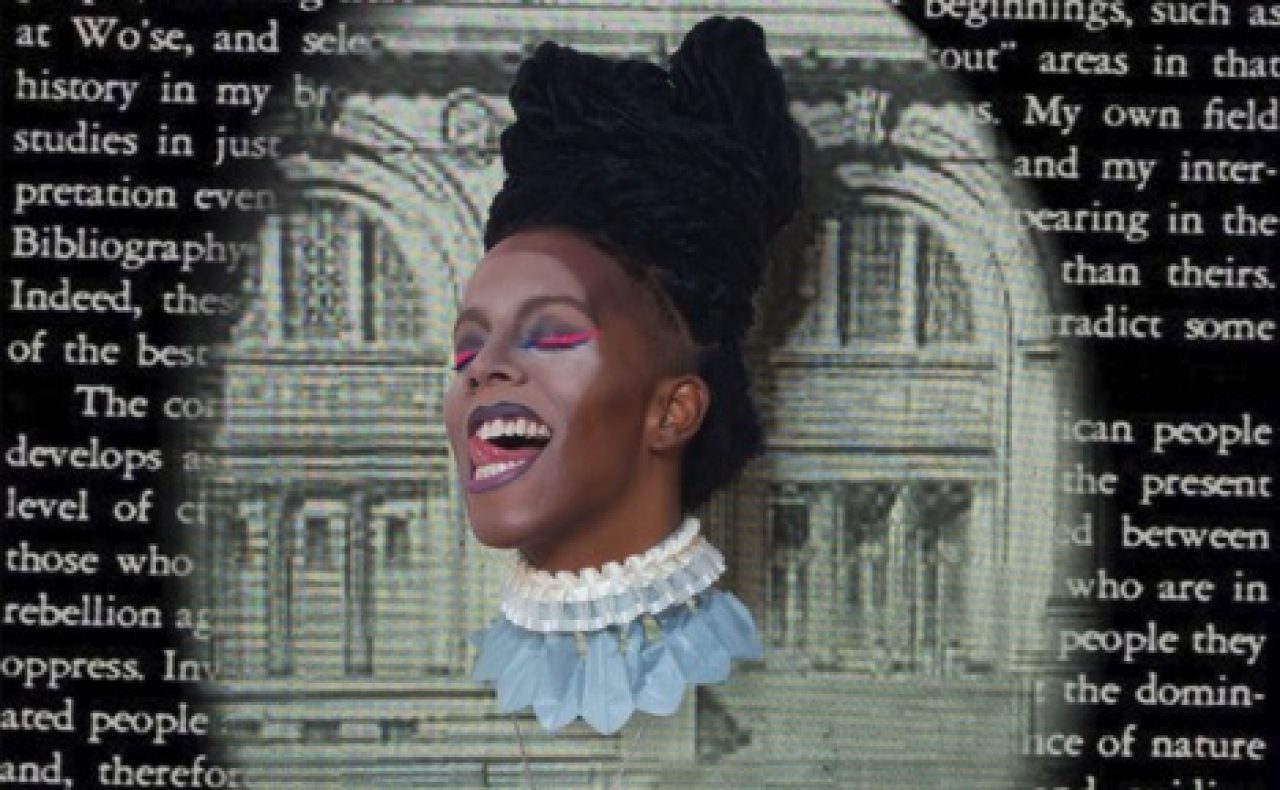
Interview by Ani Bradberry
Ala Champ, November, 2016



